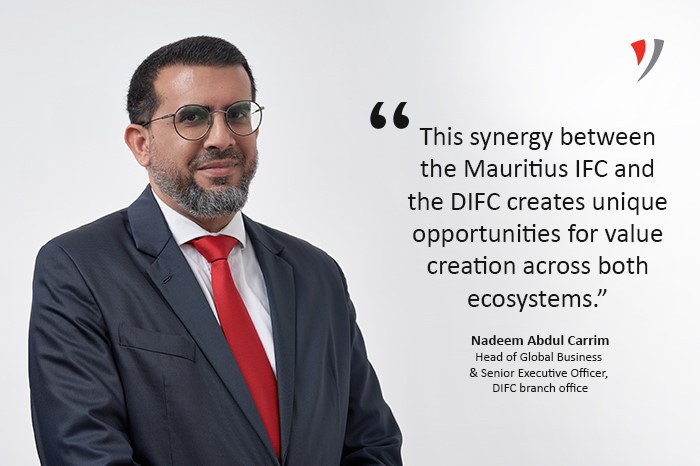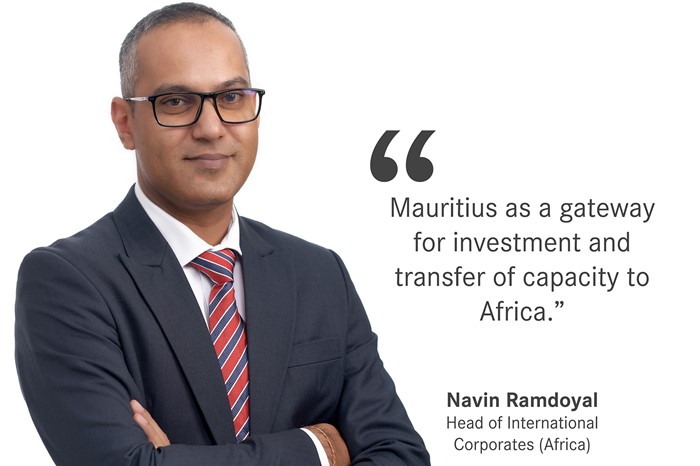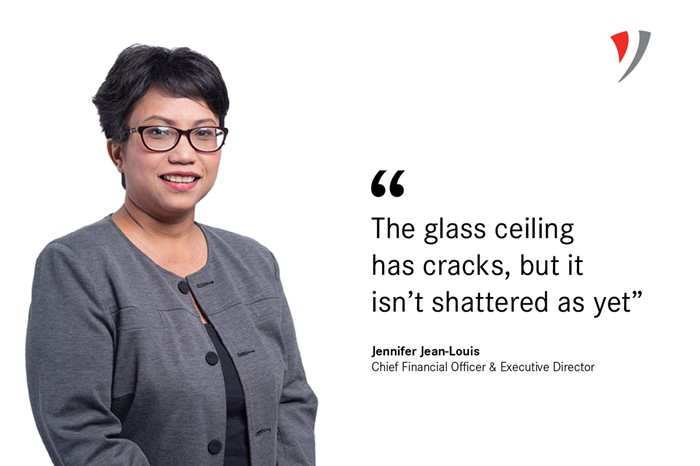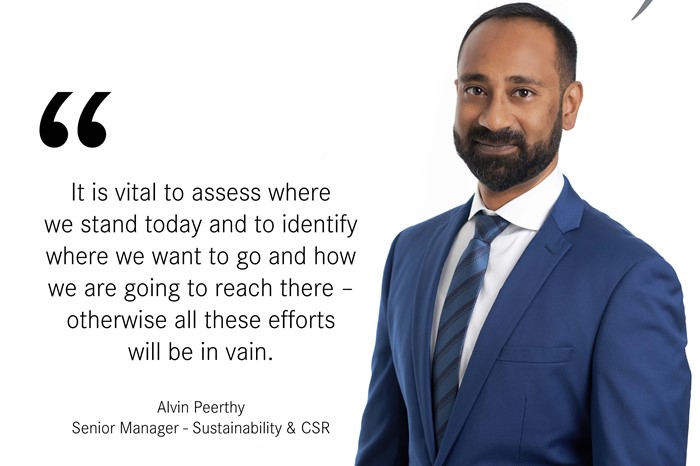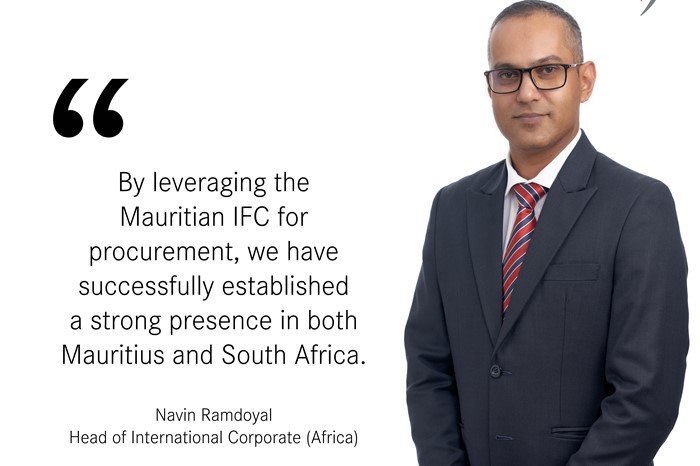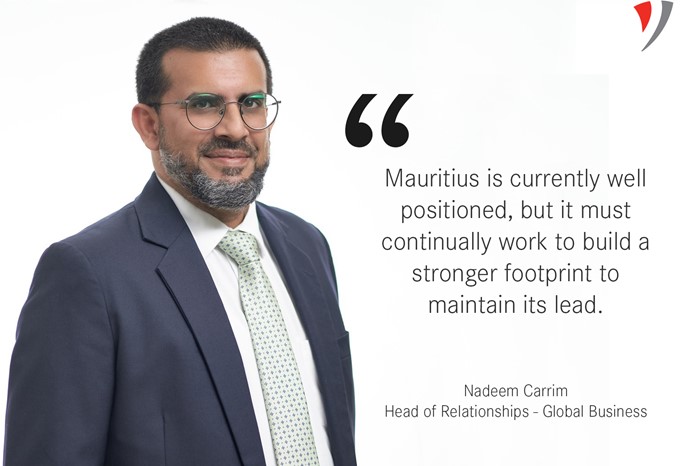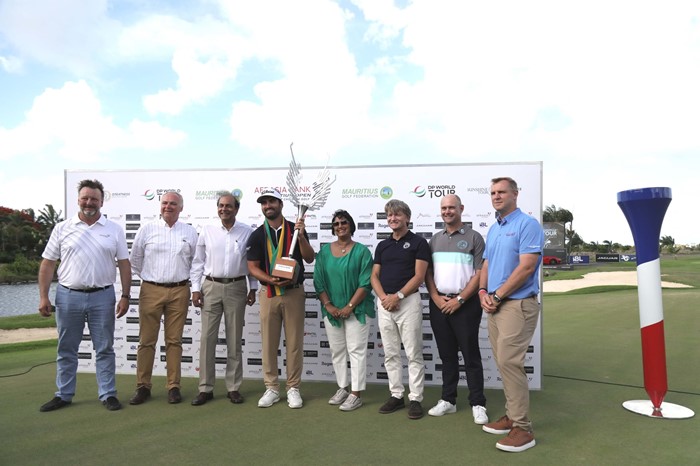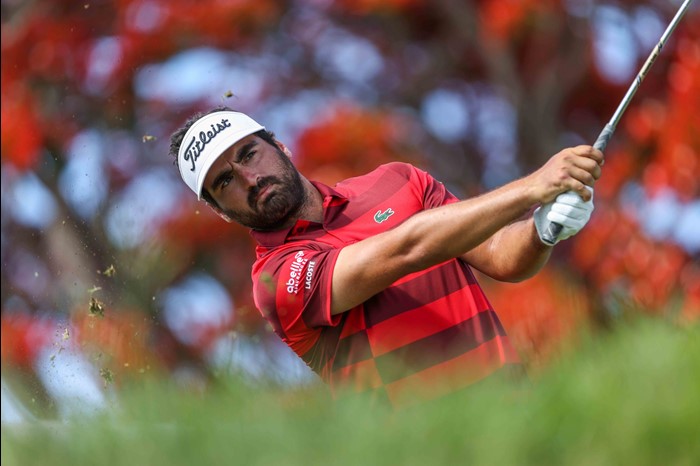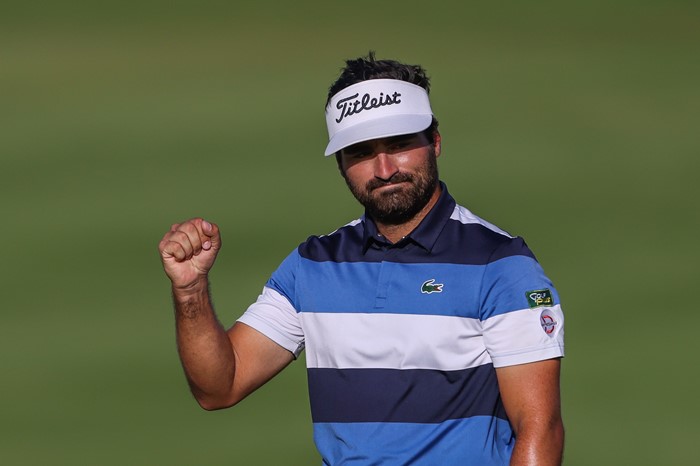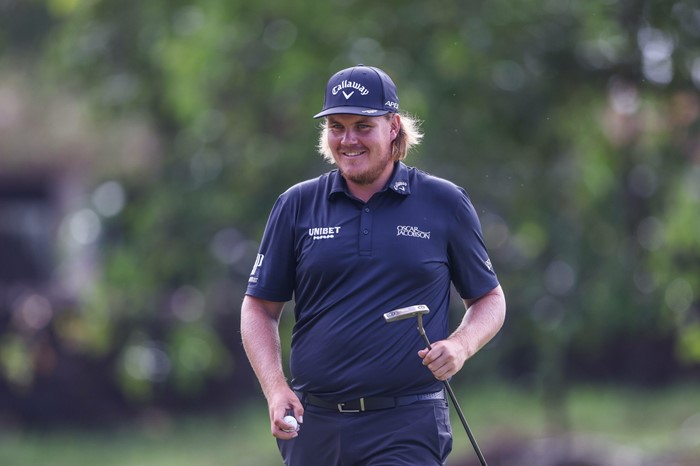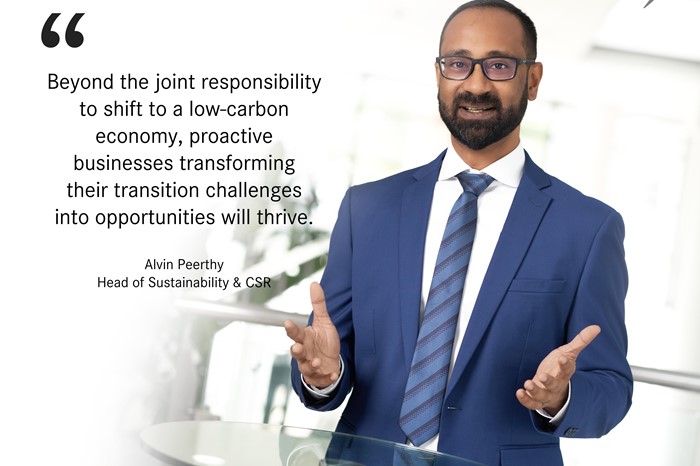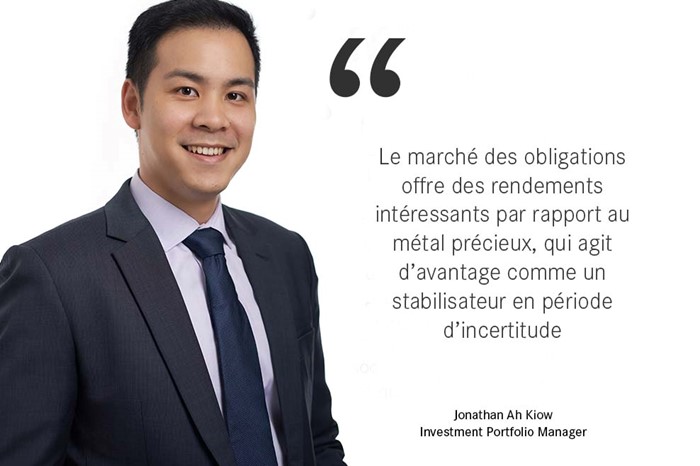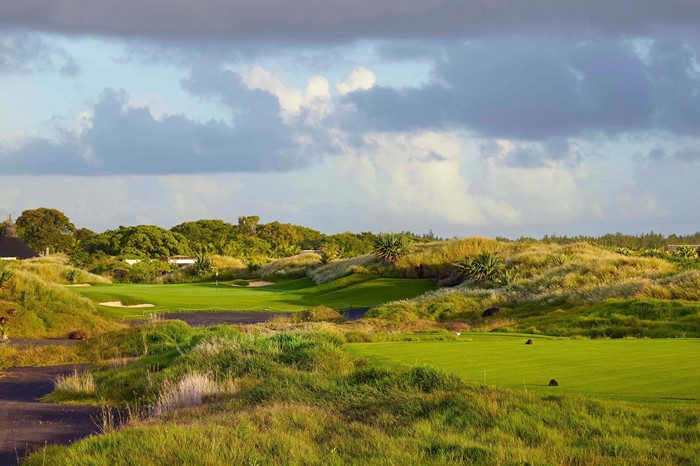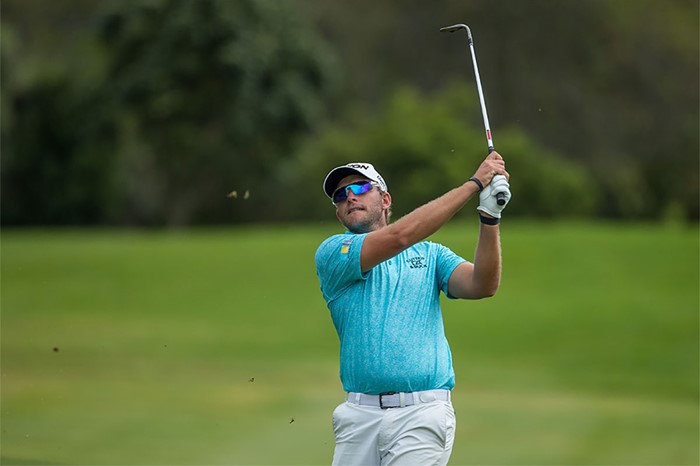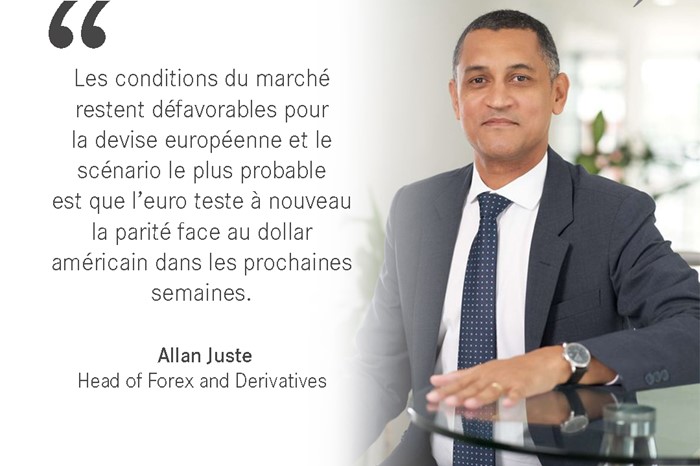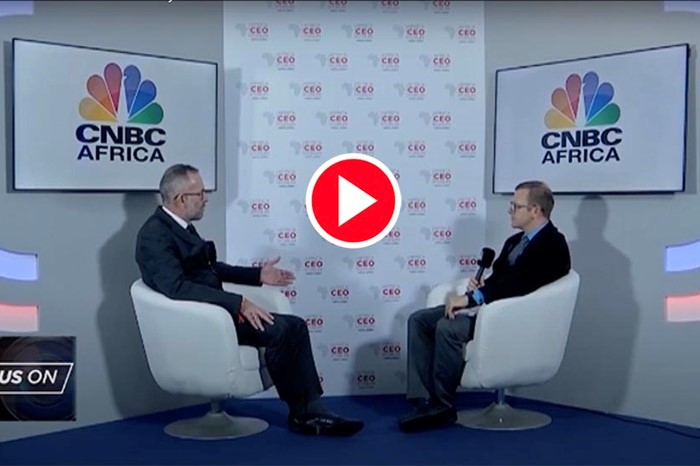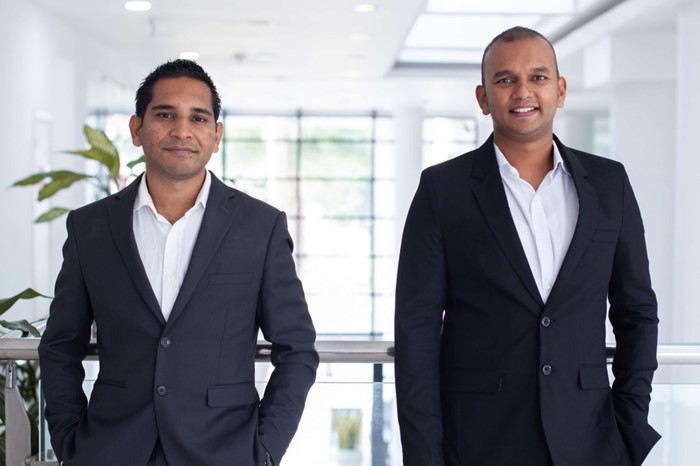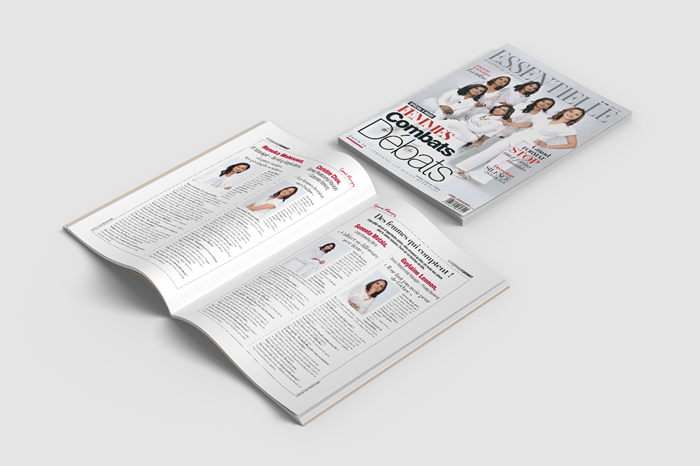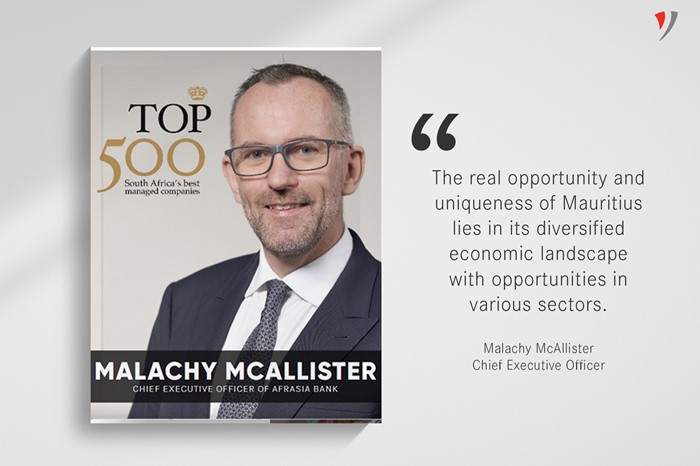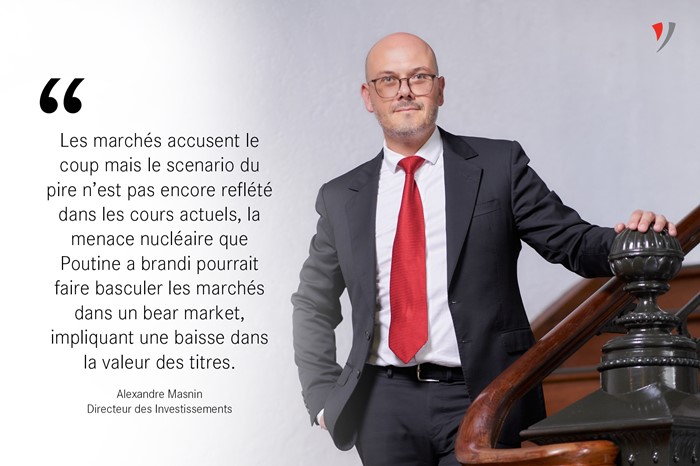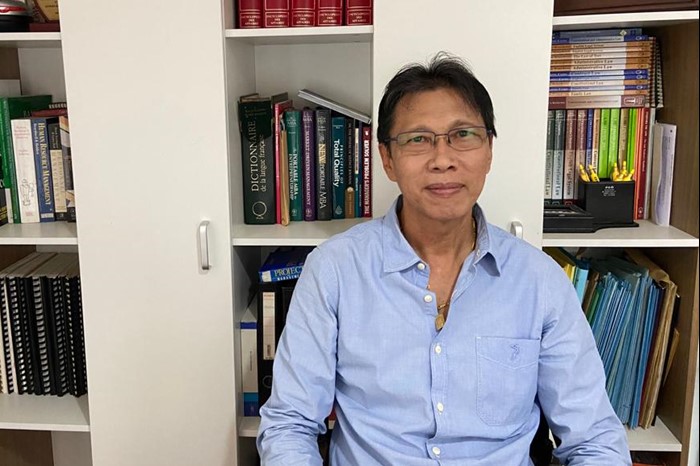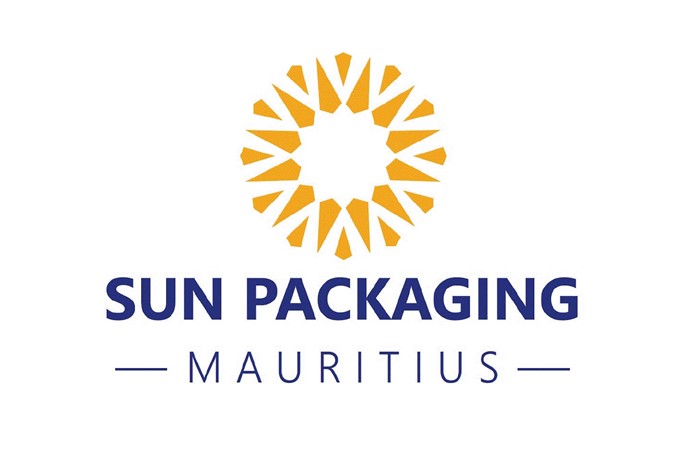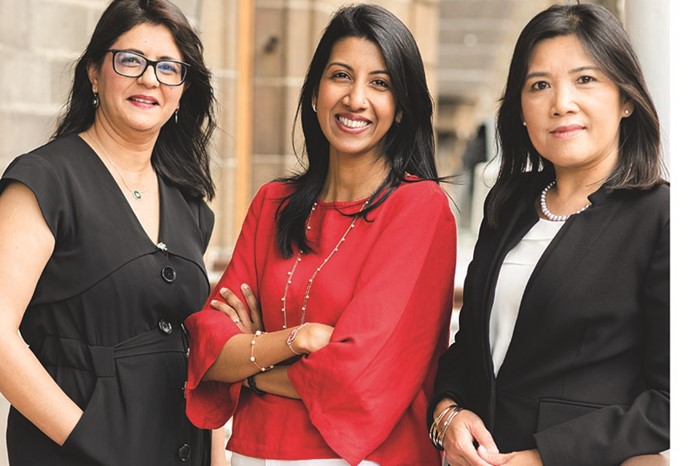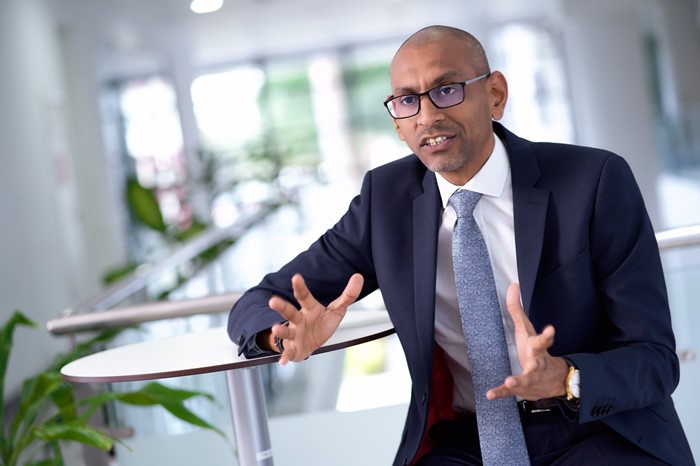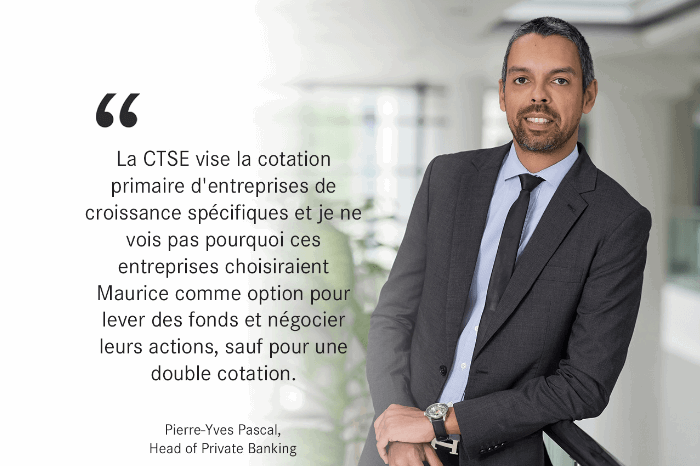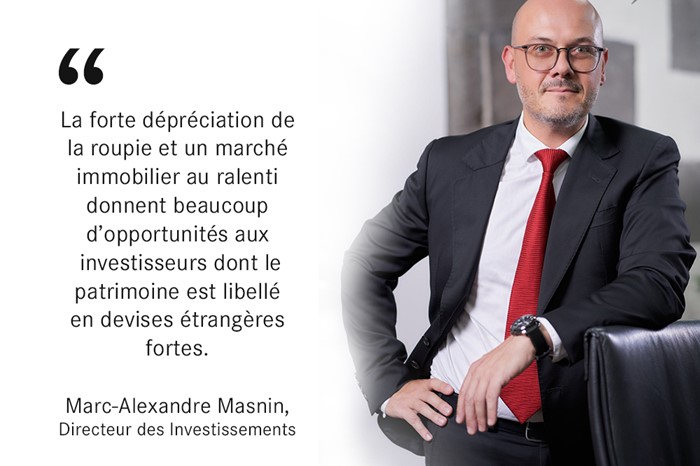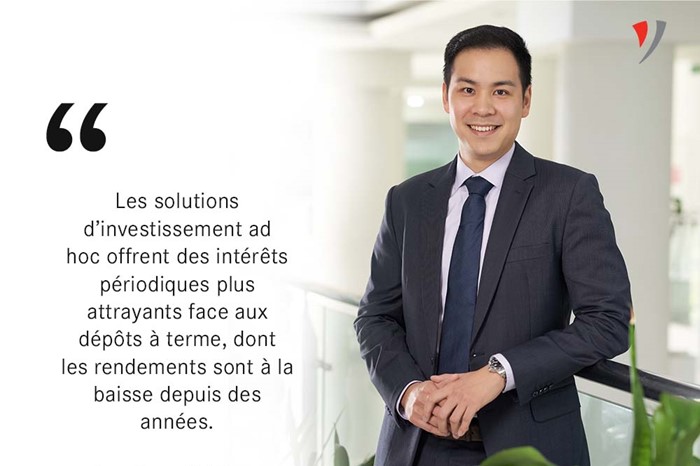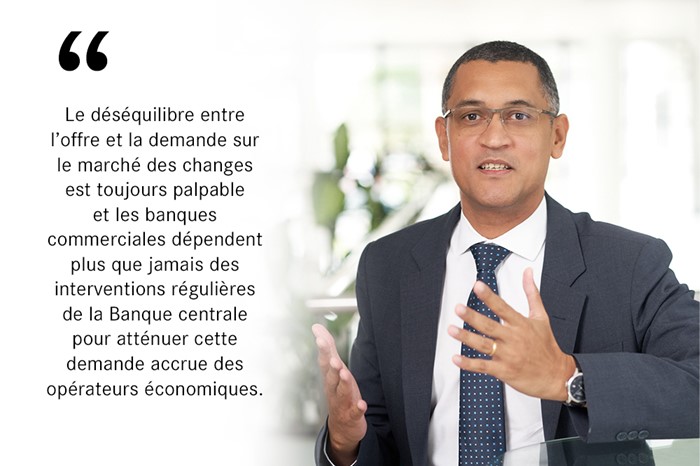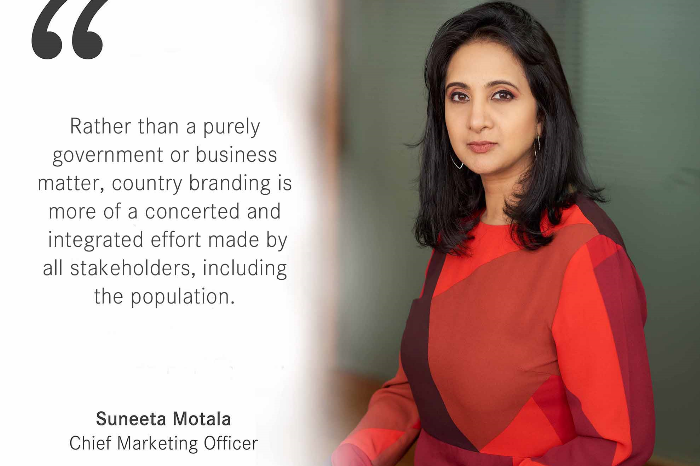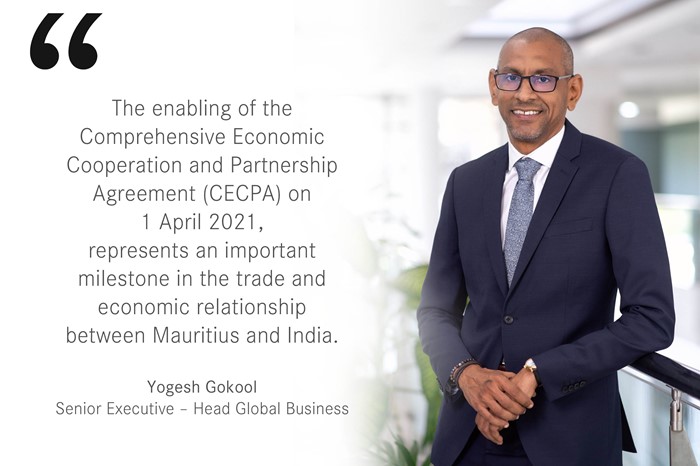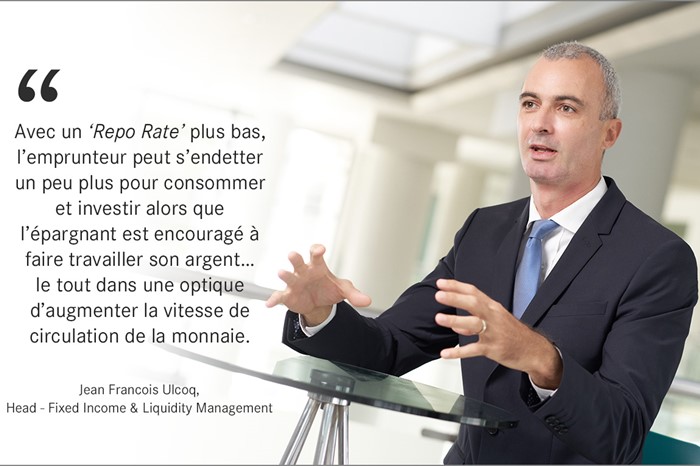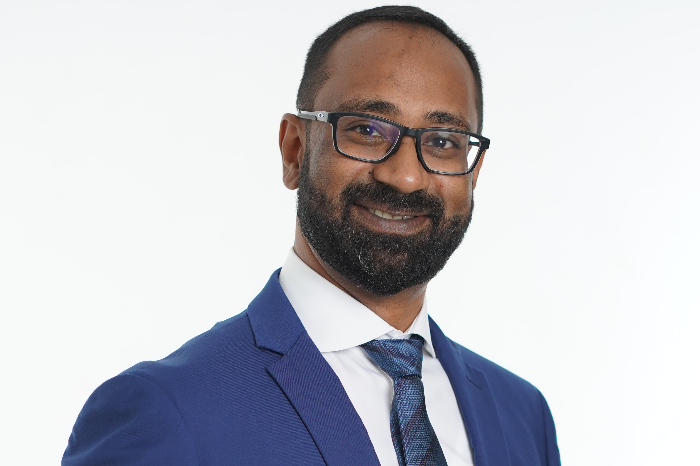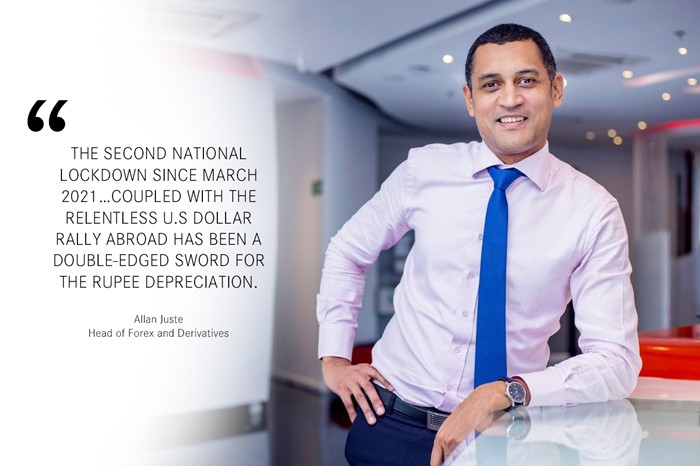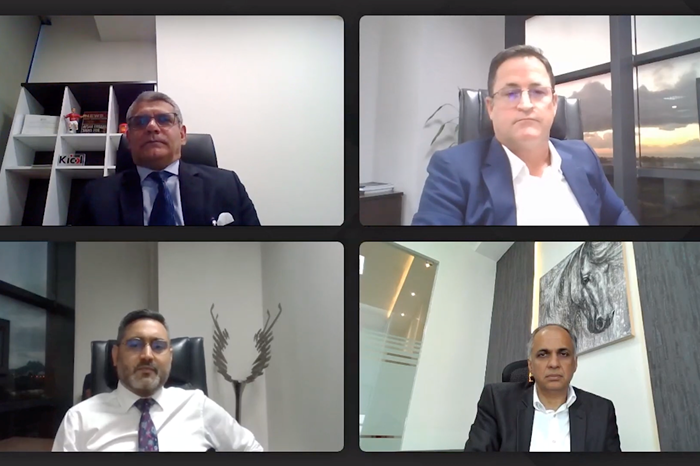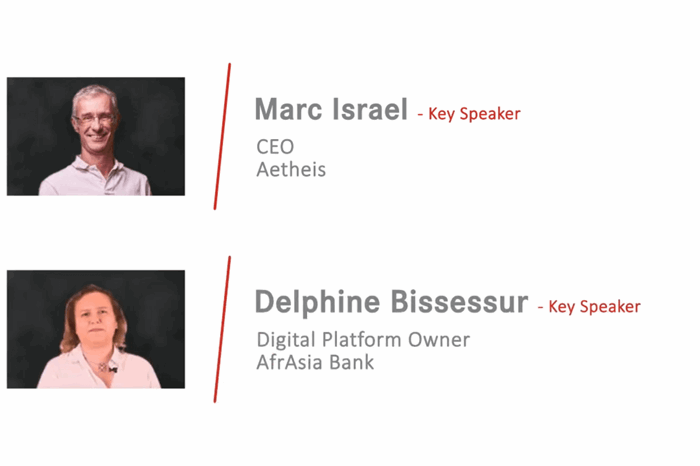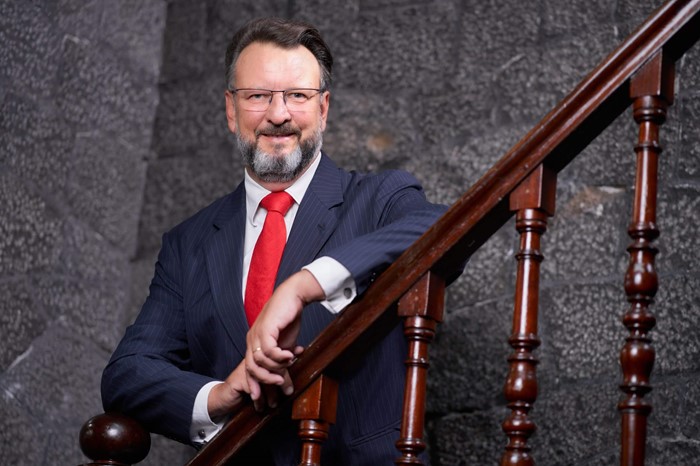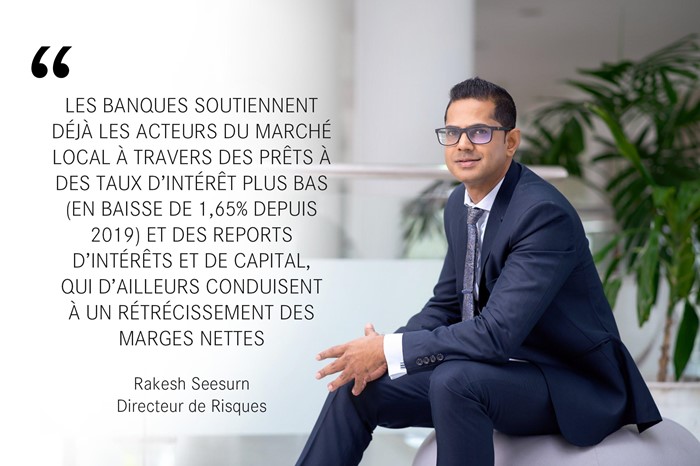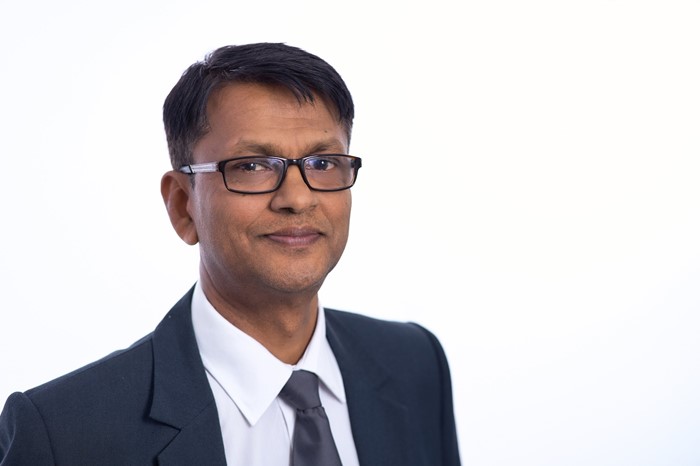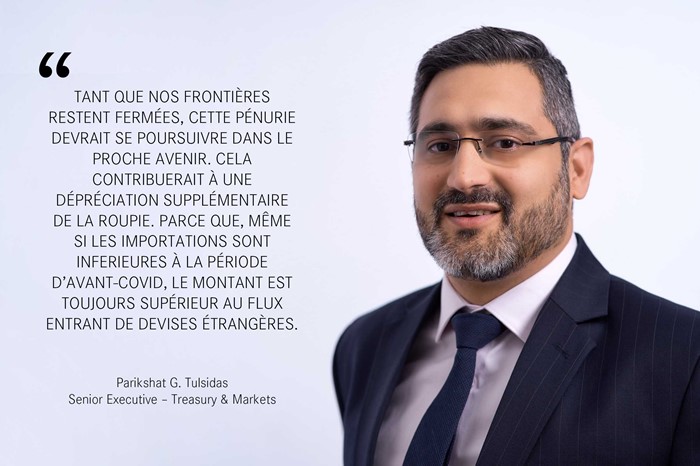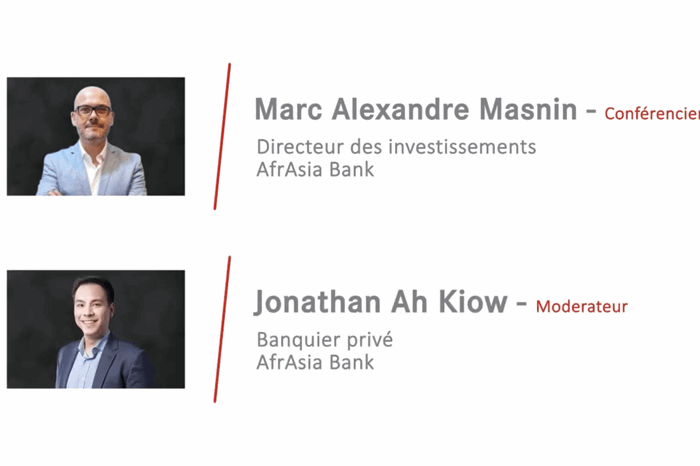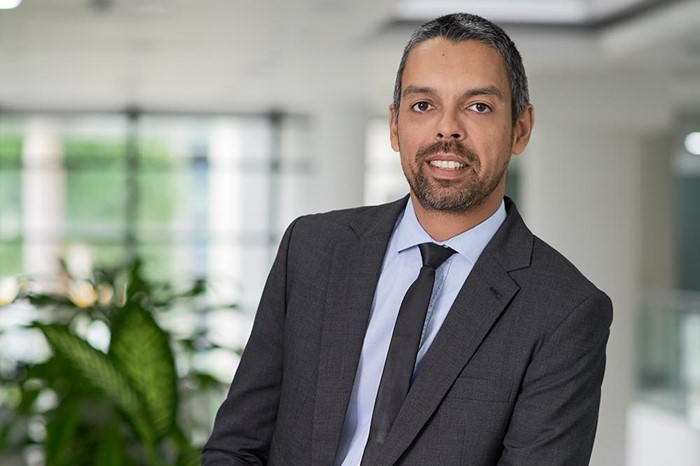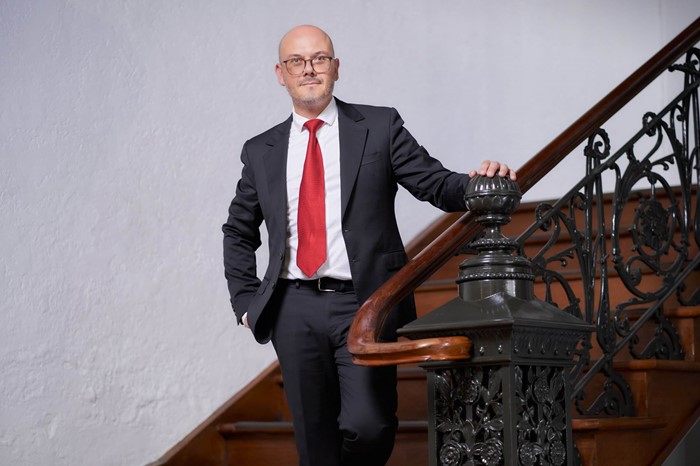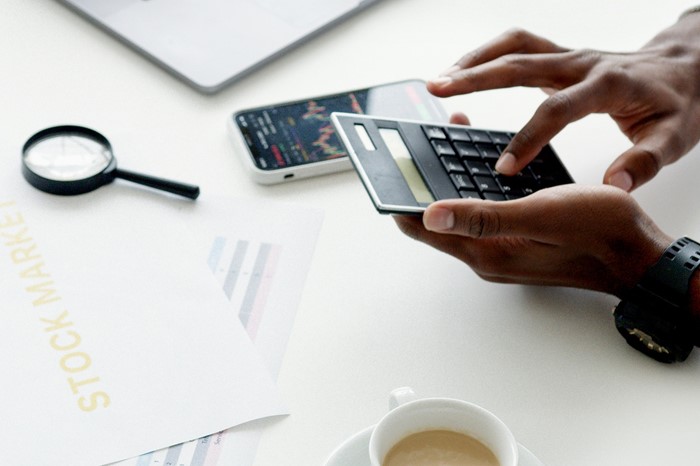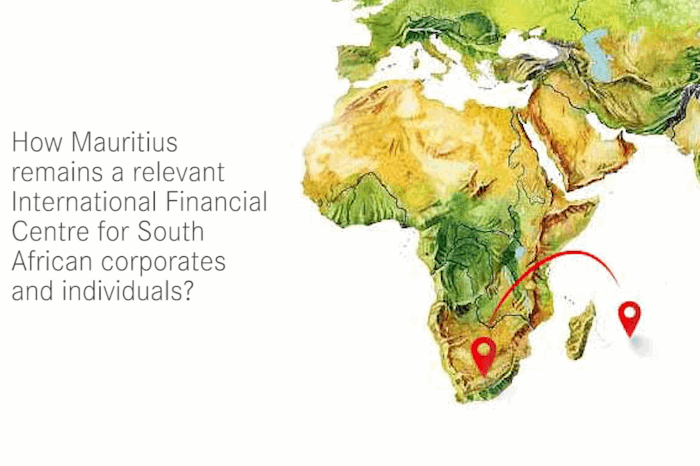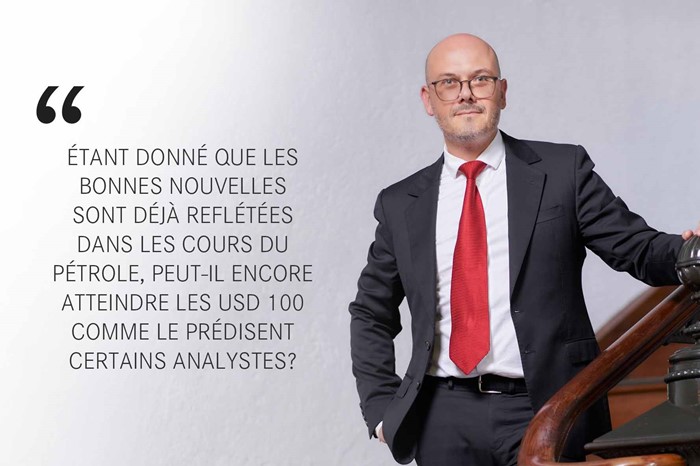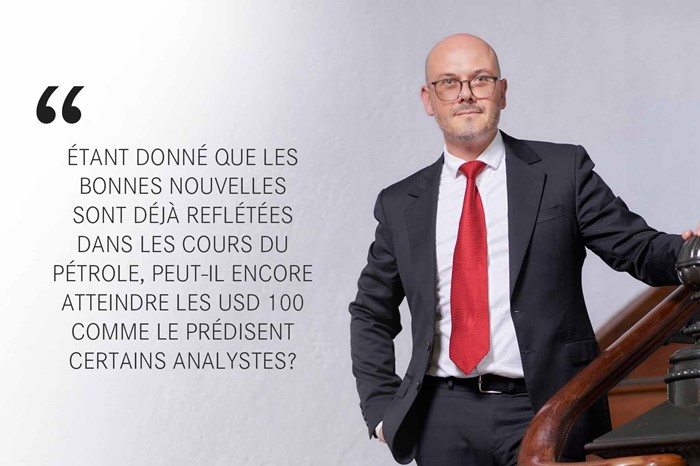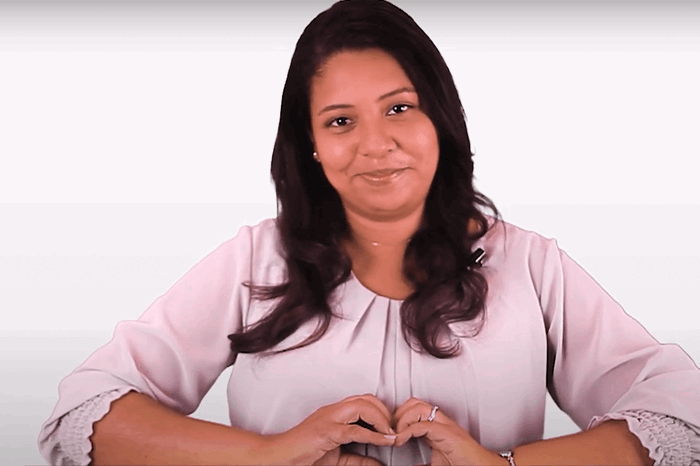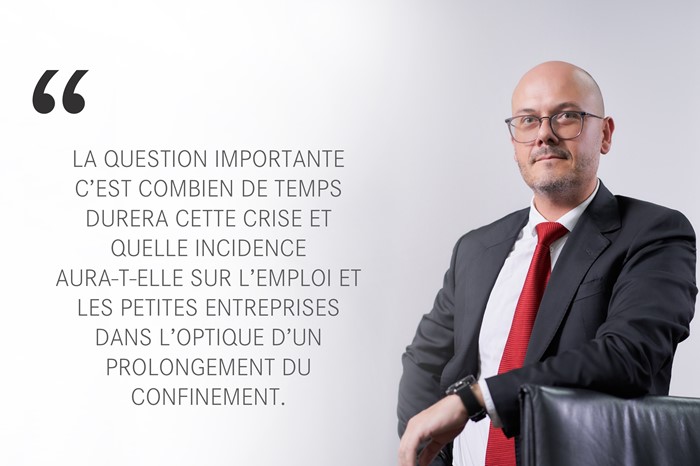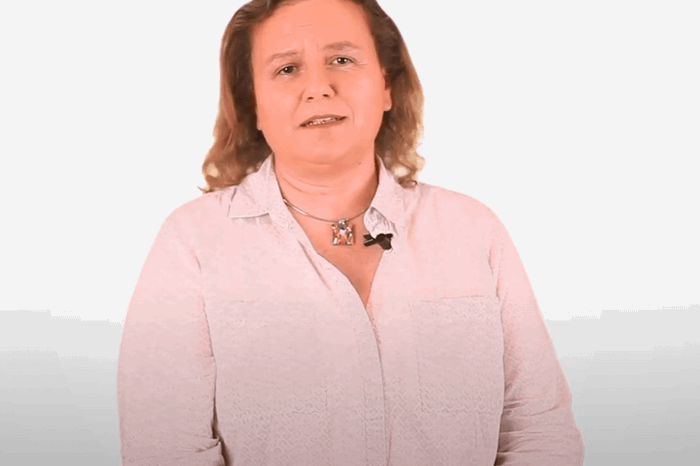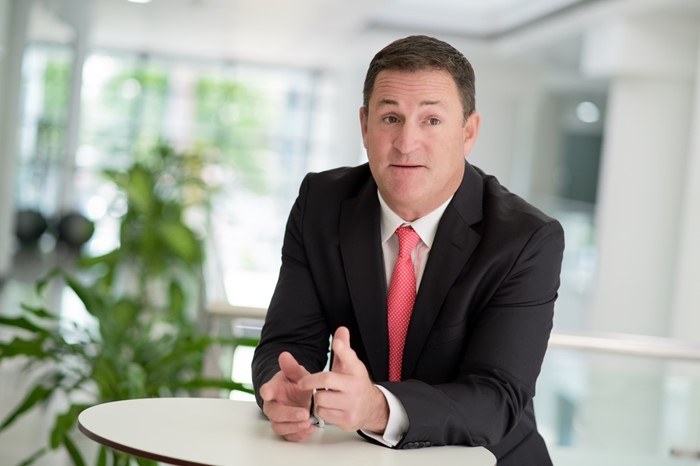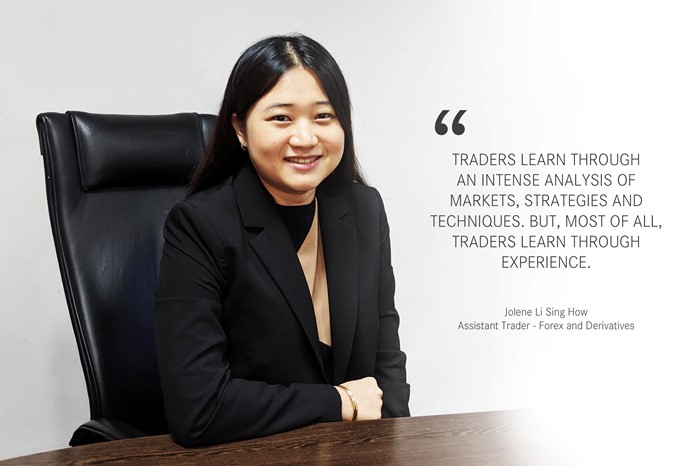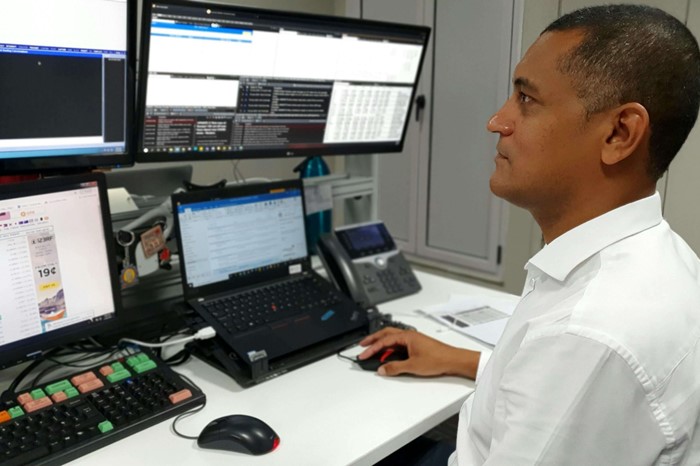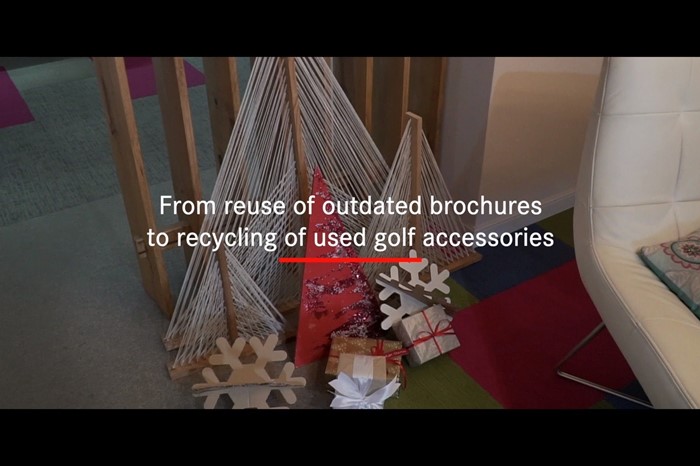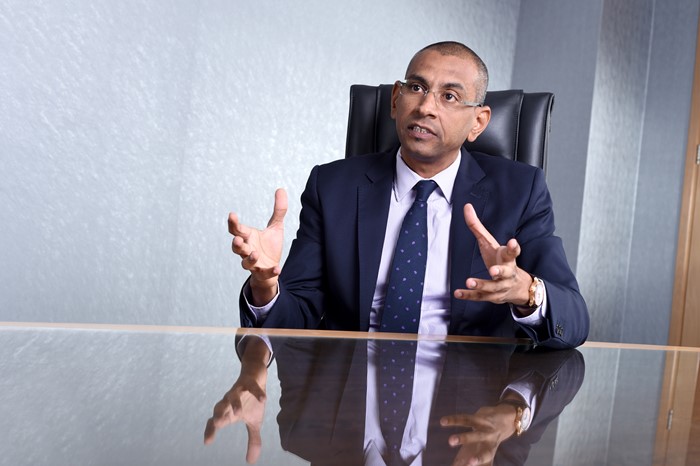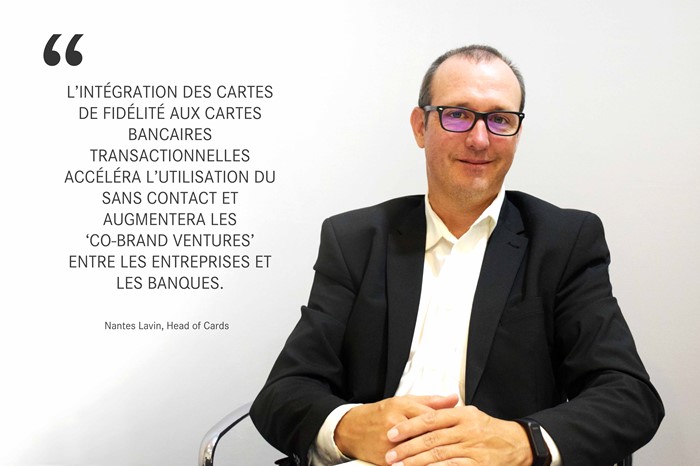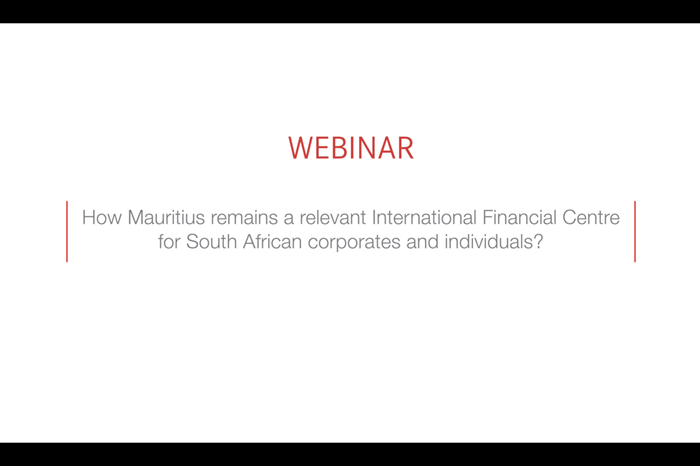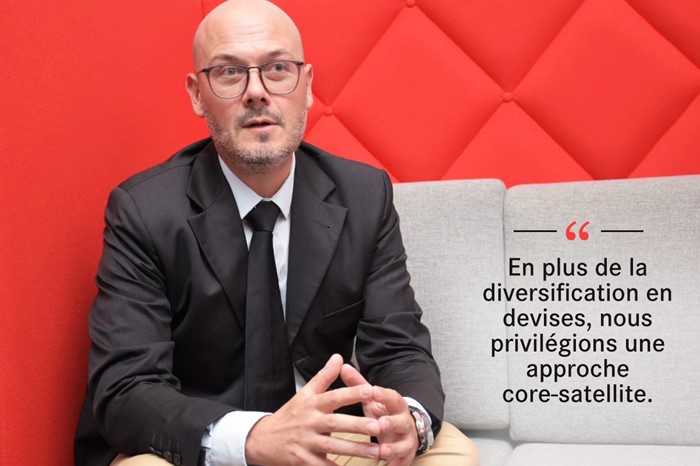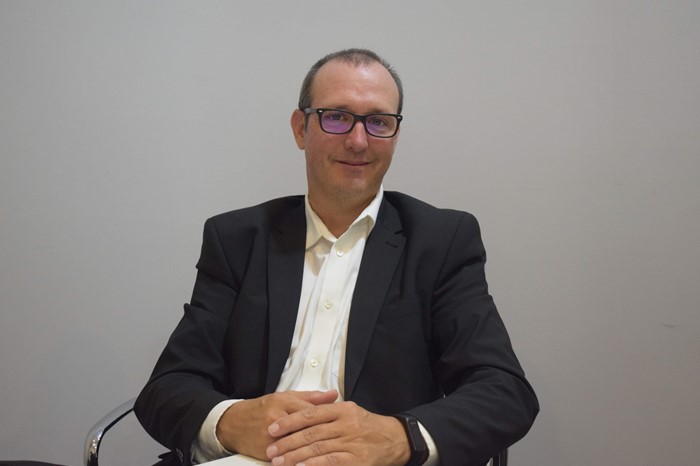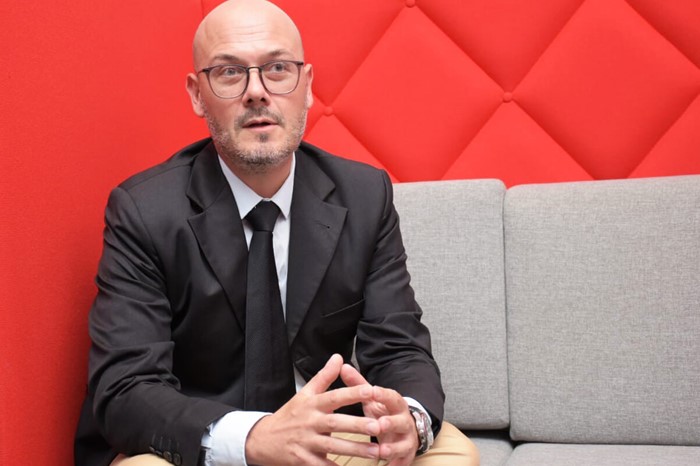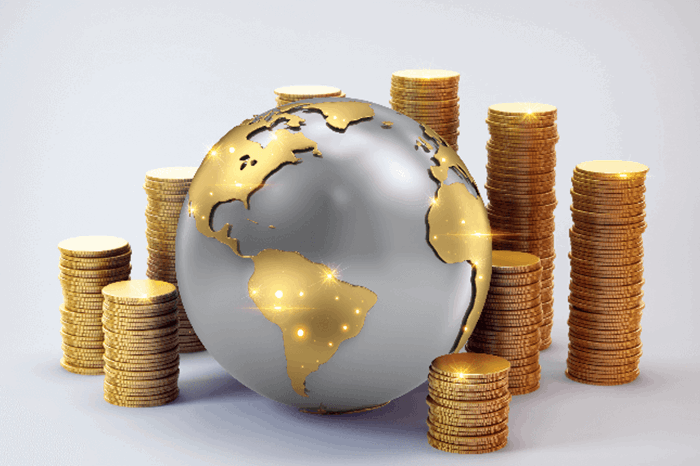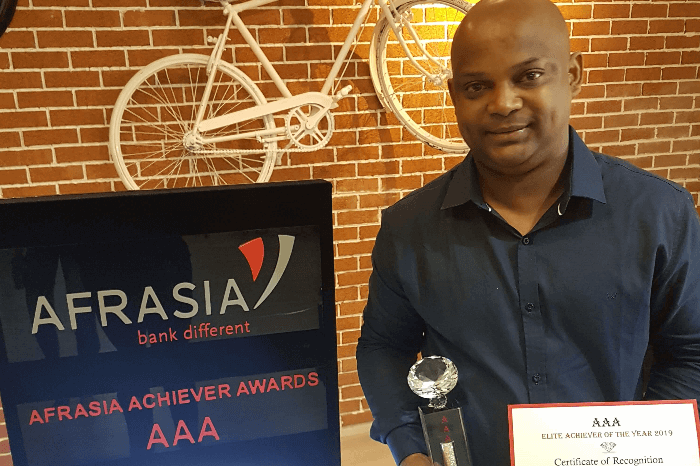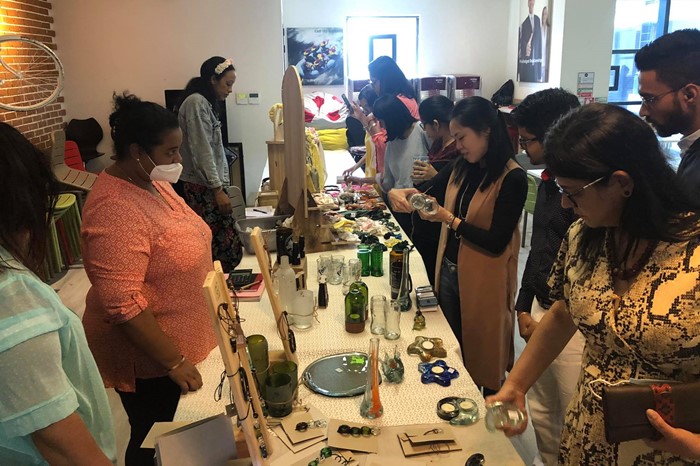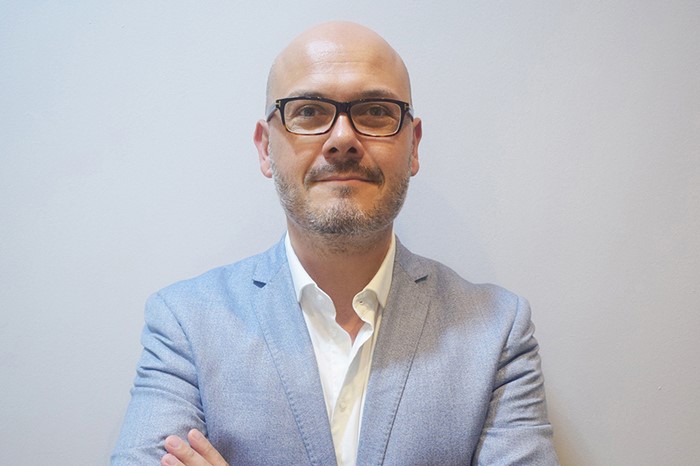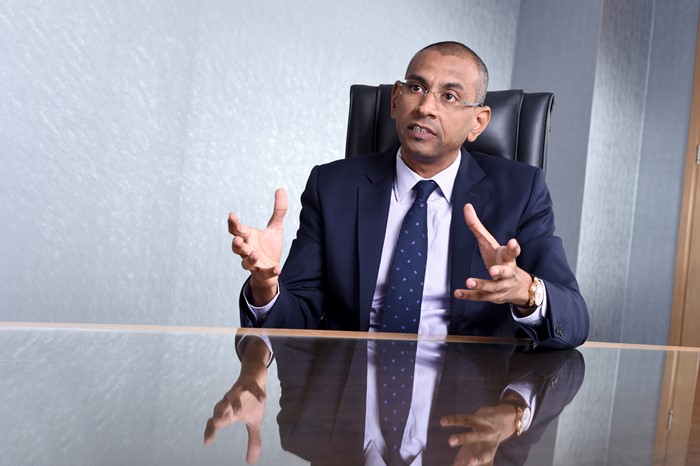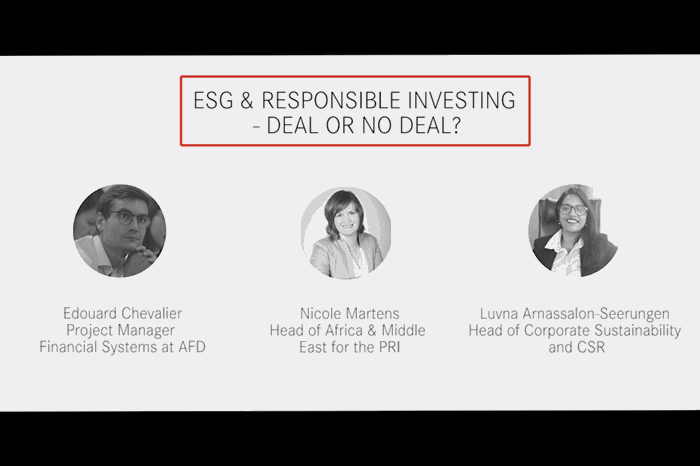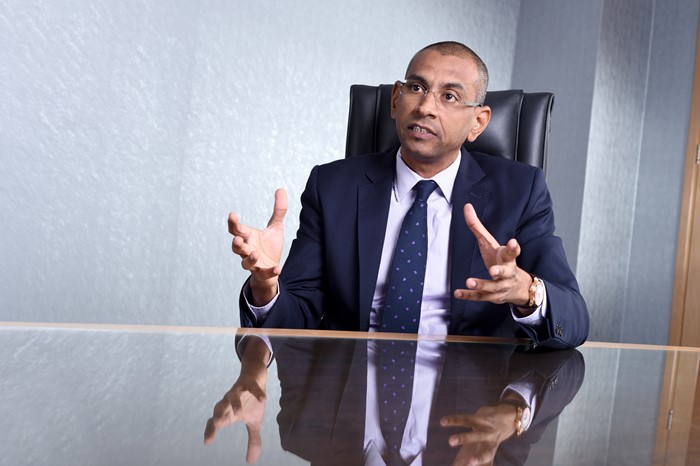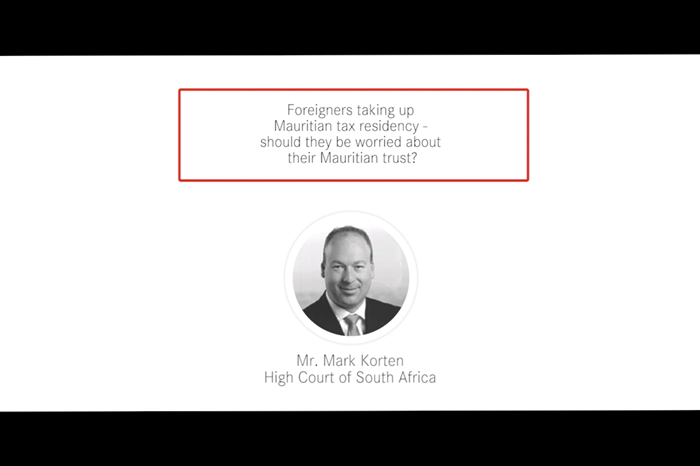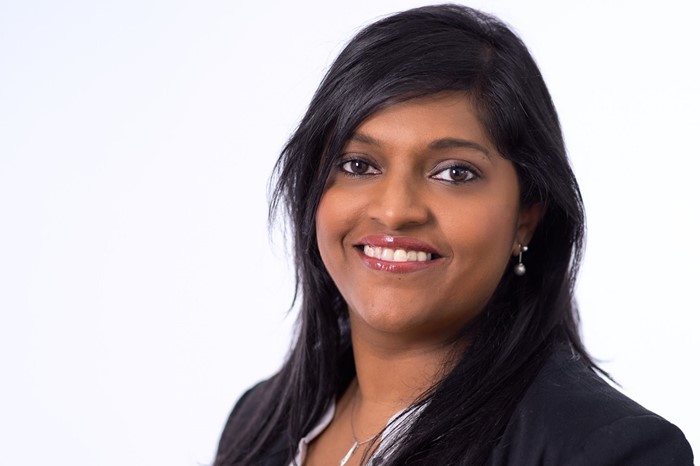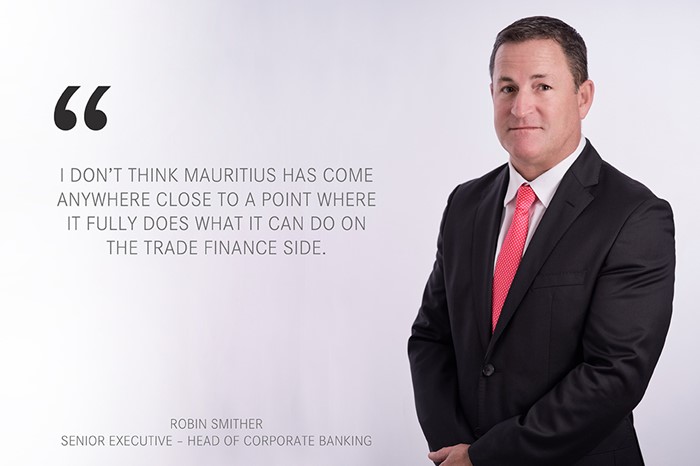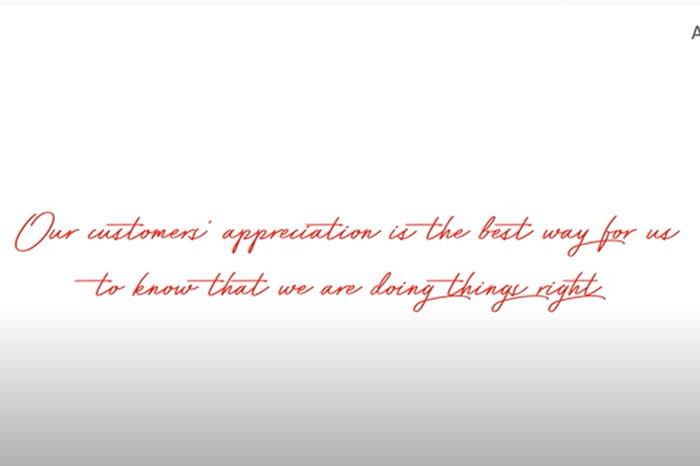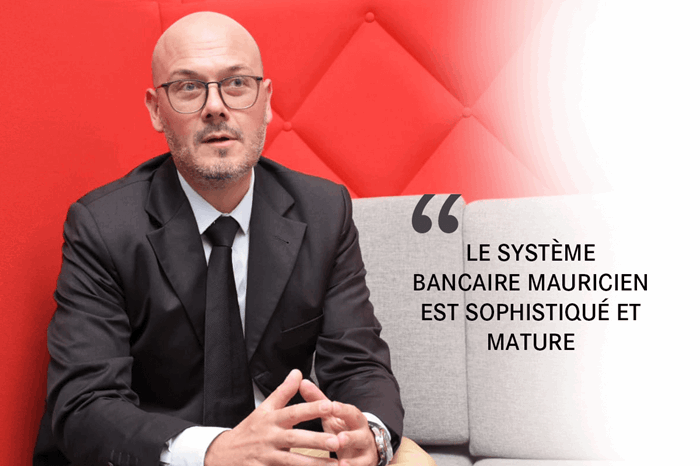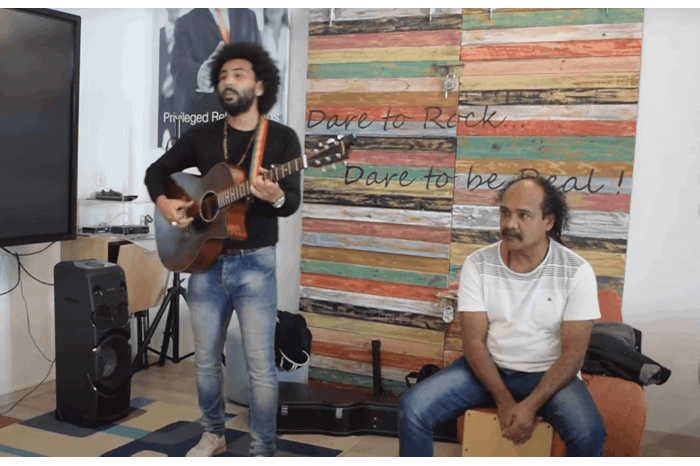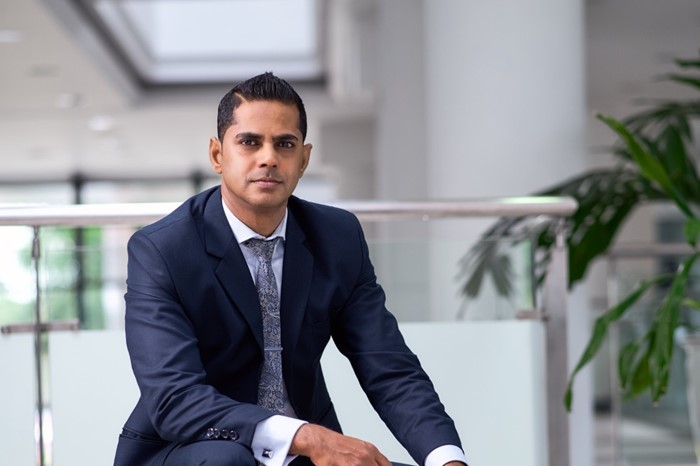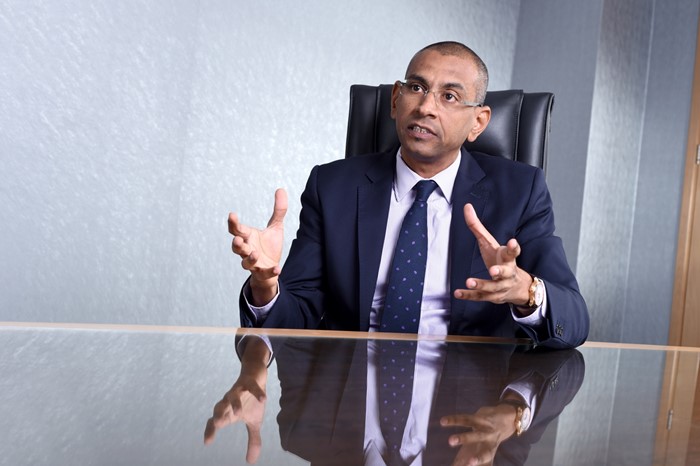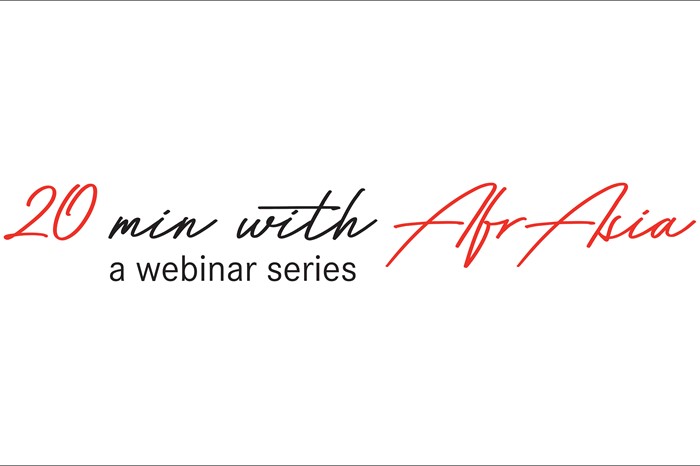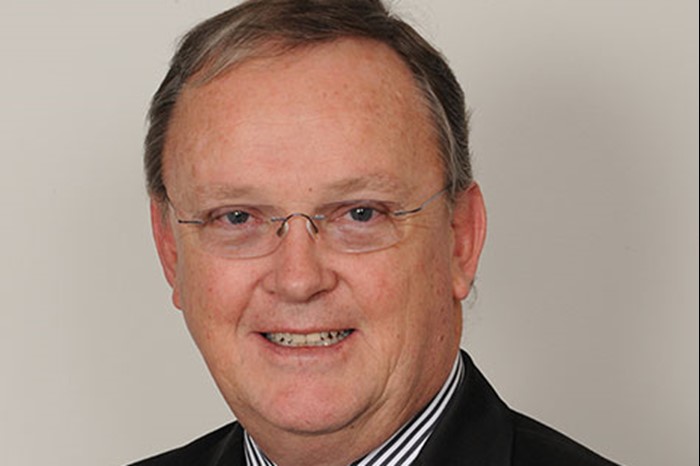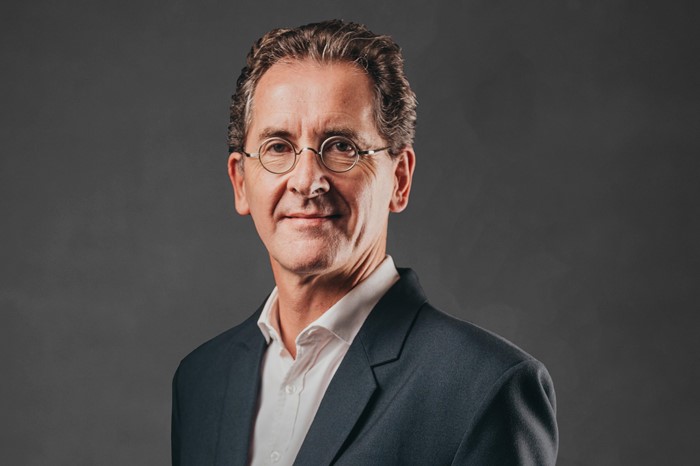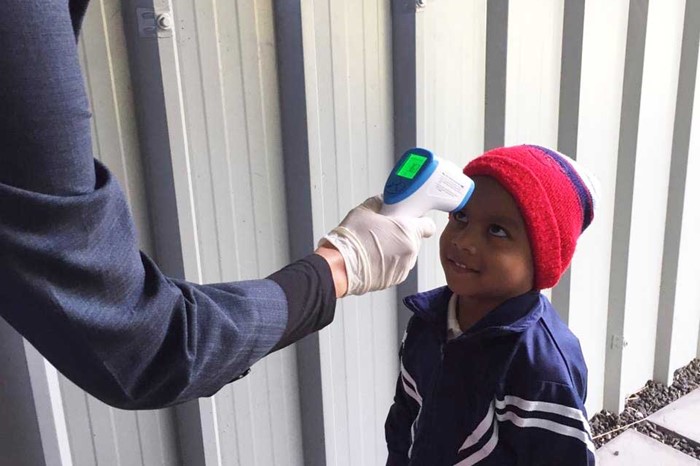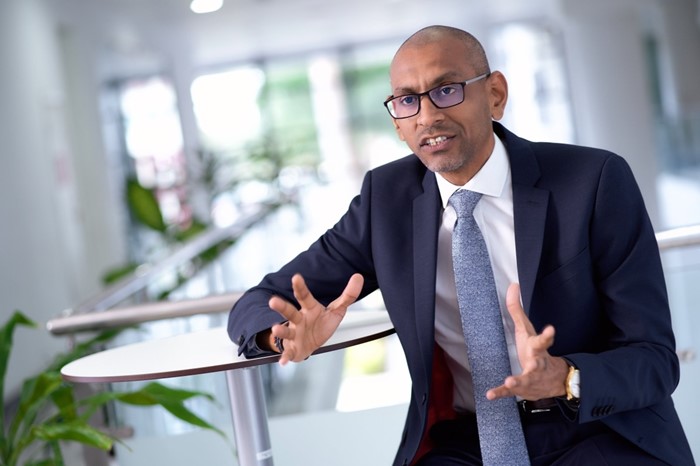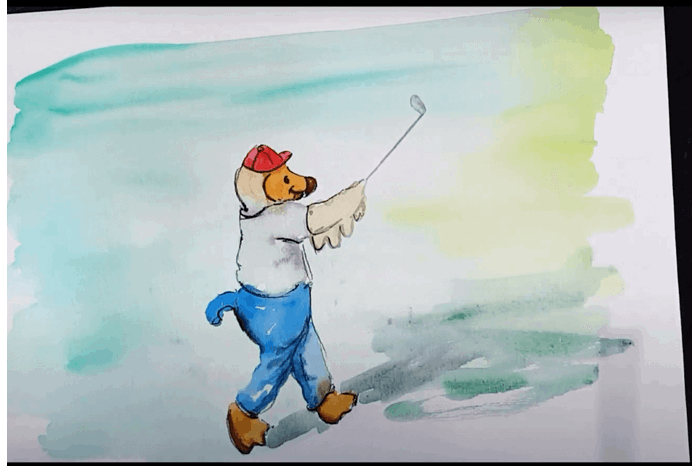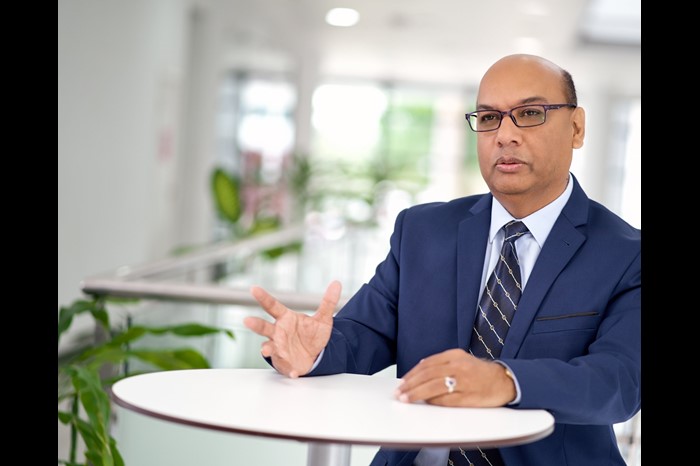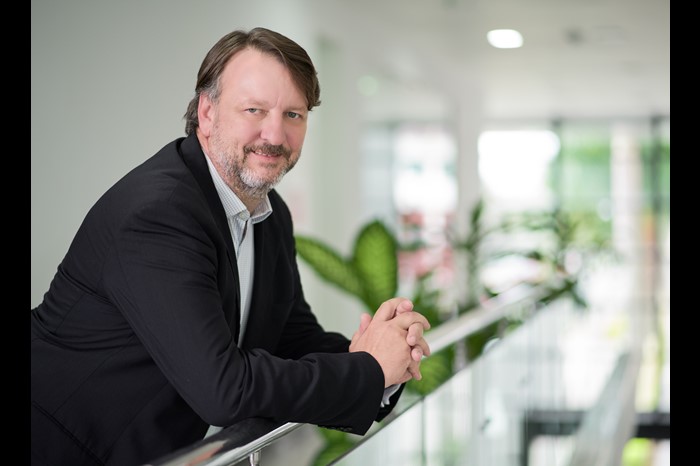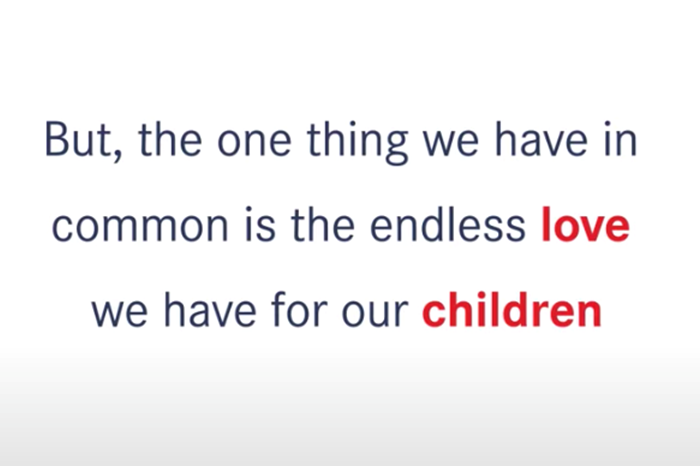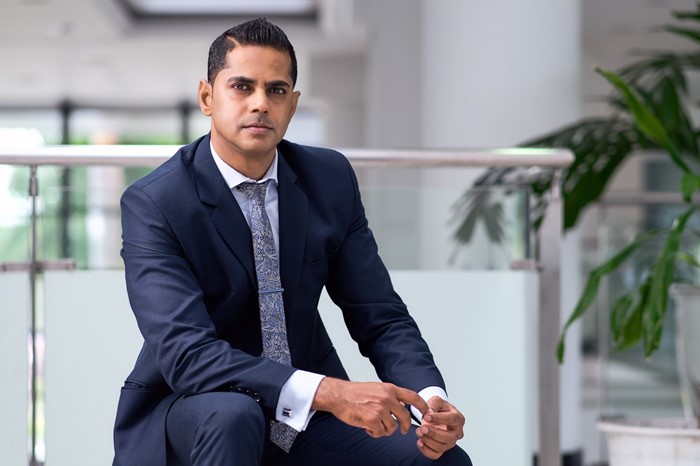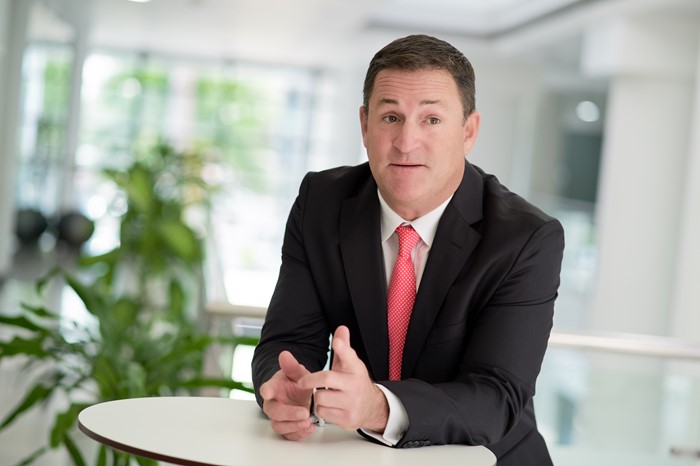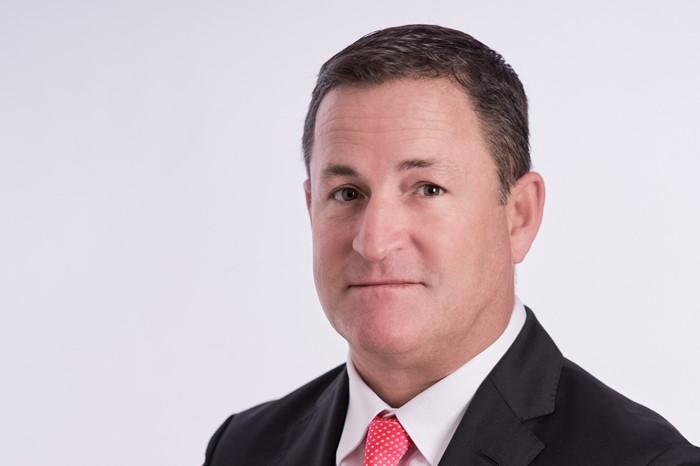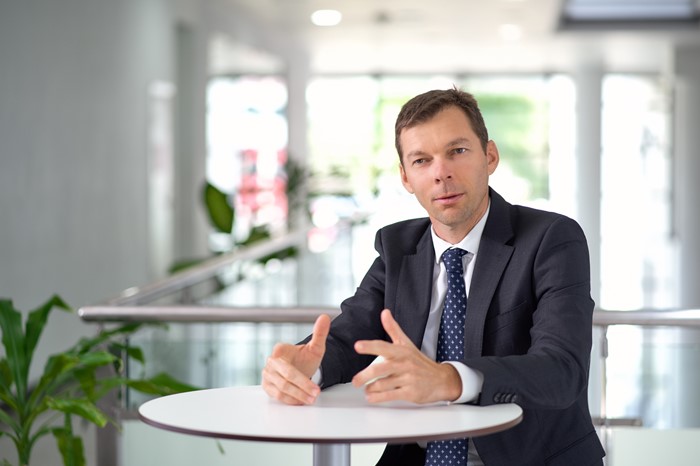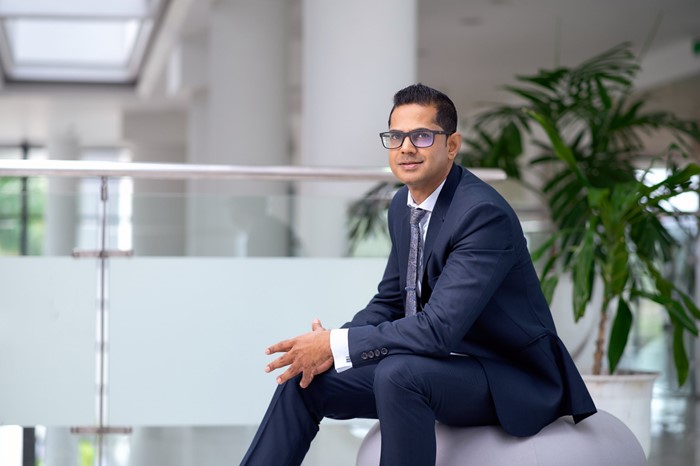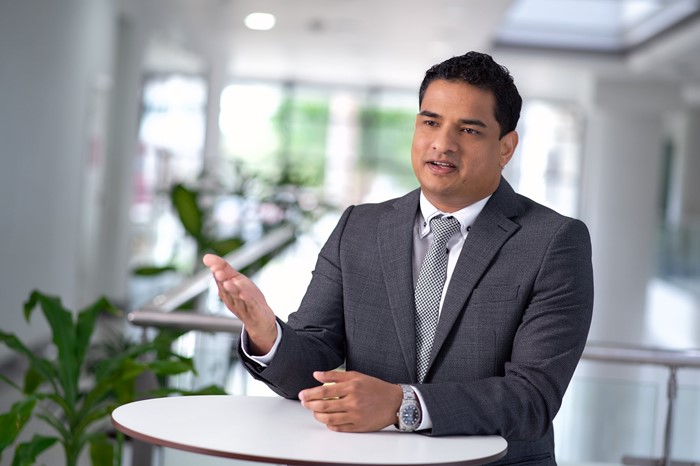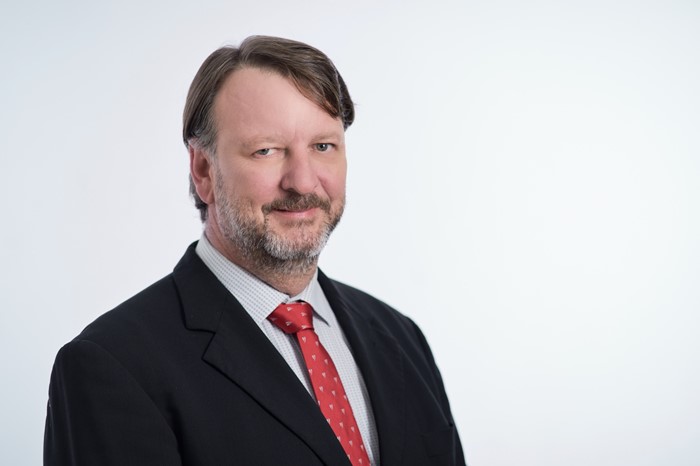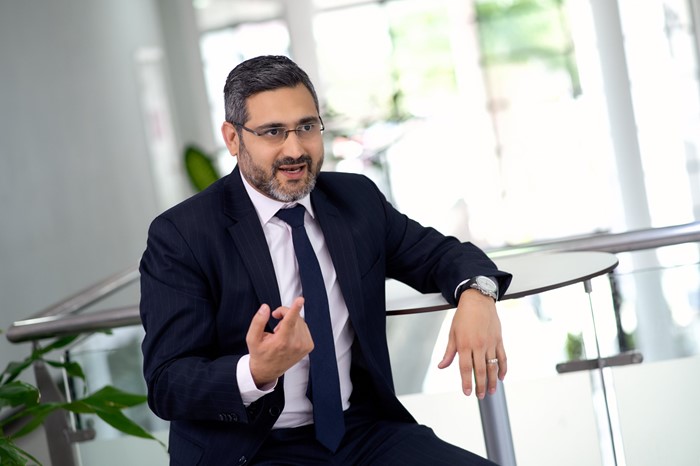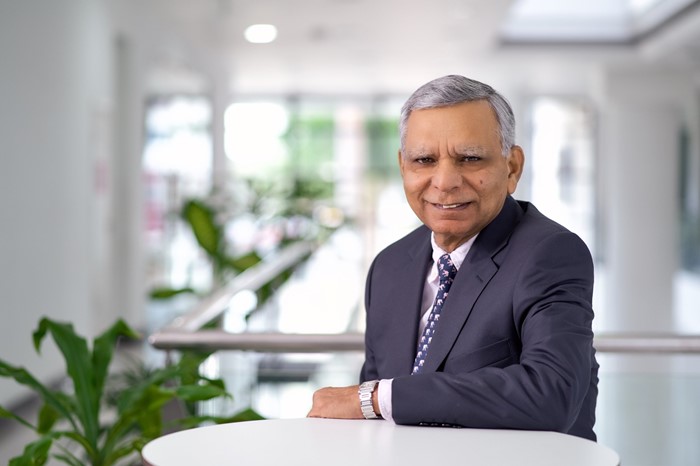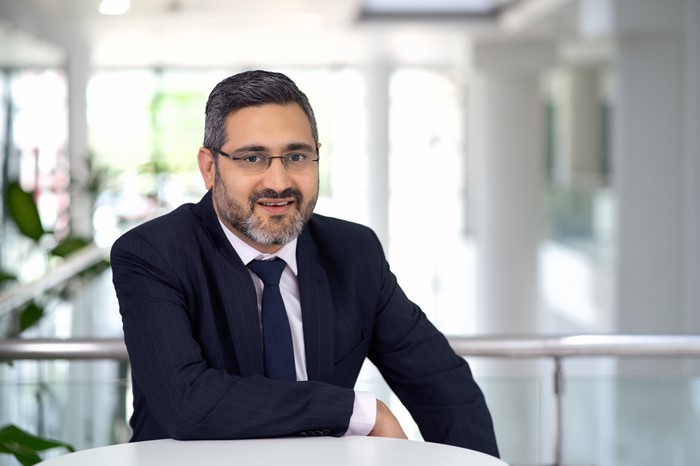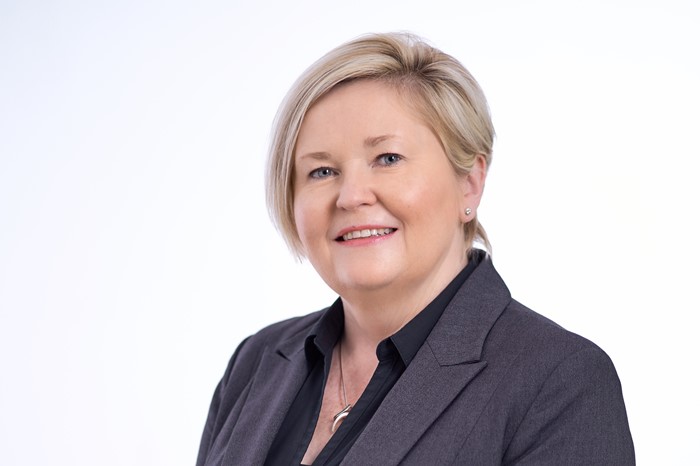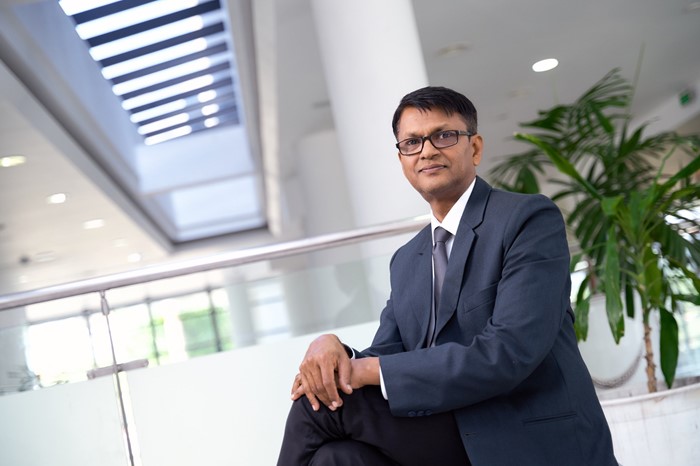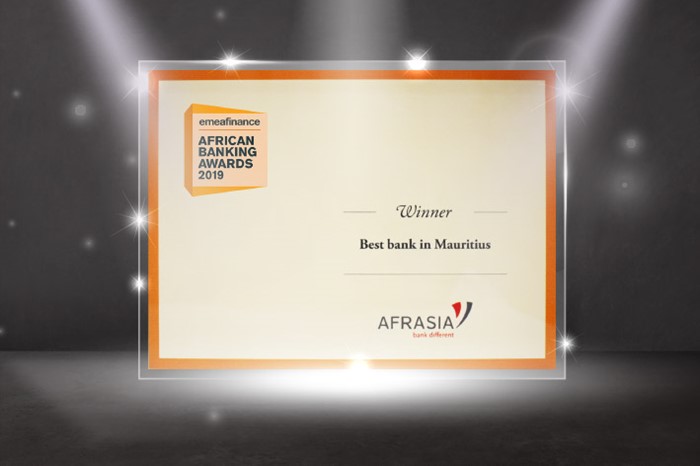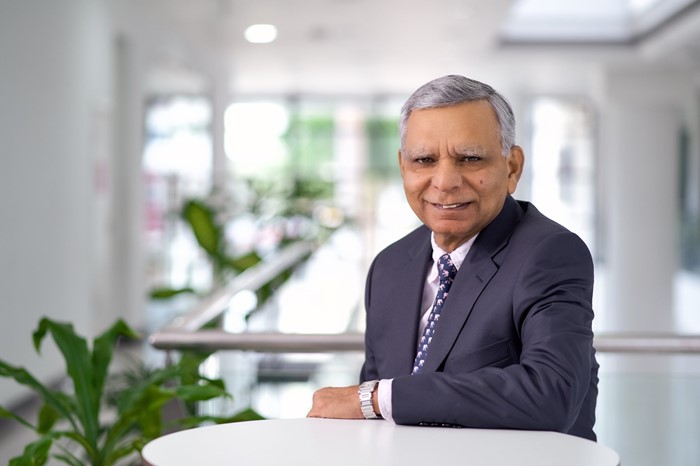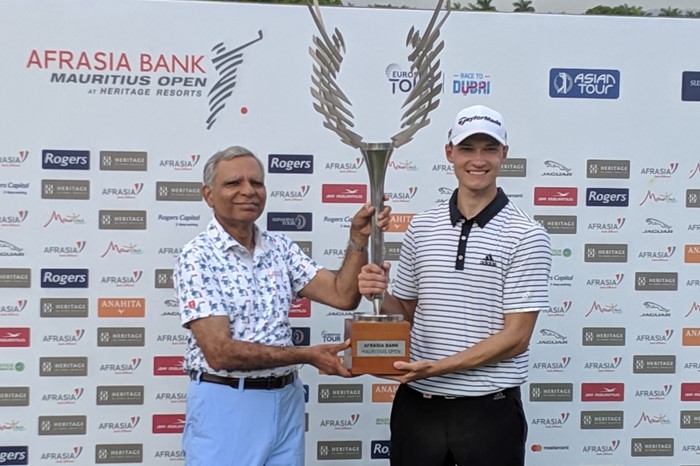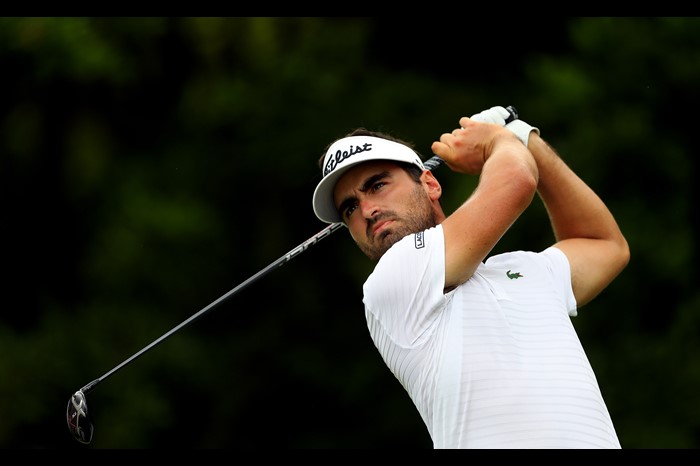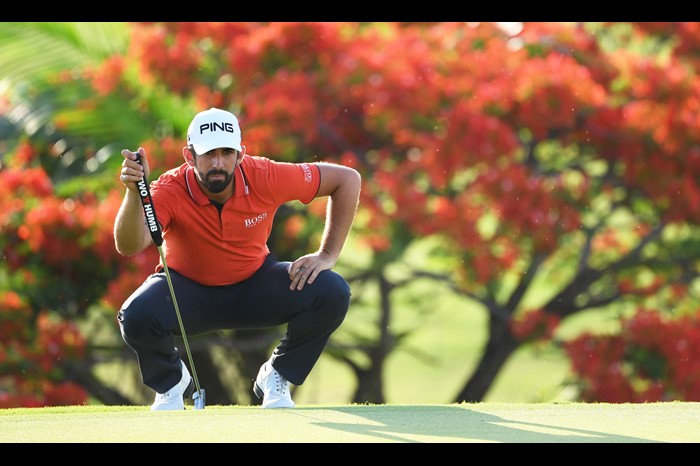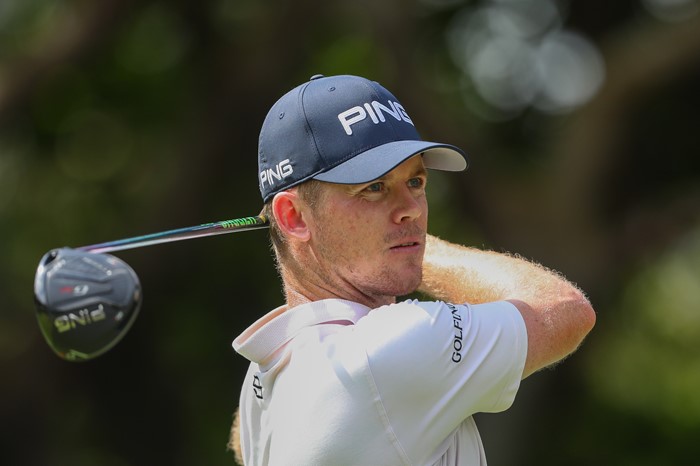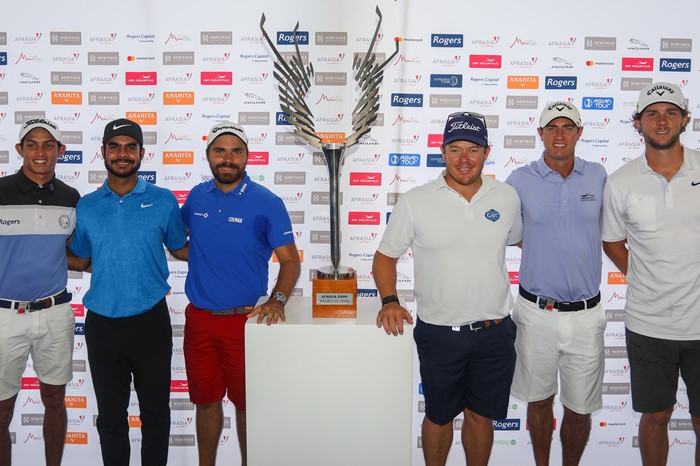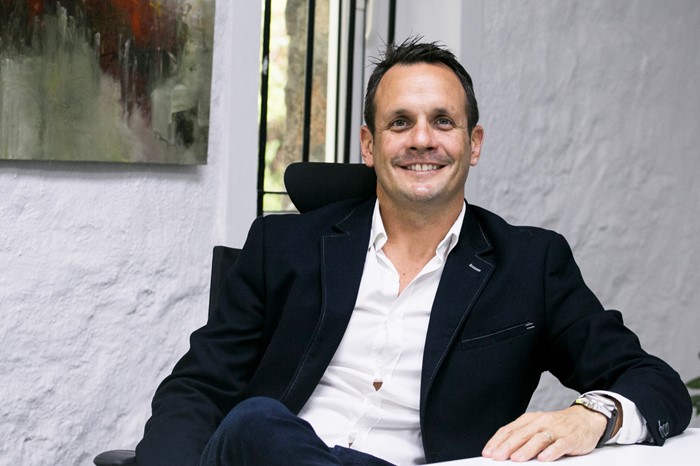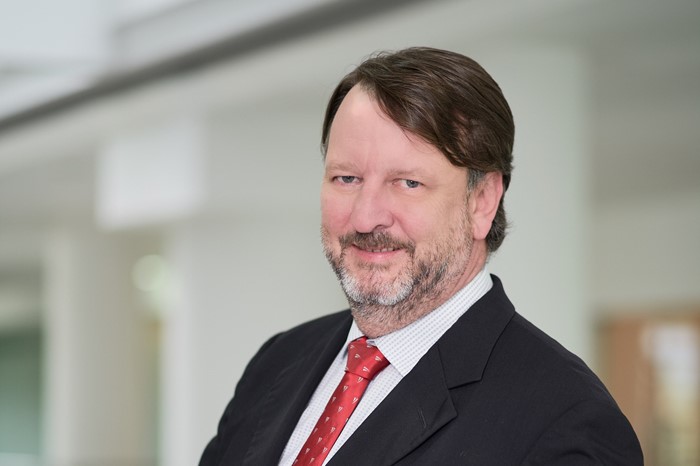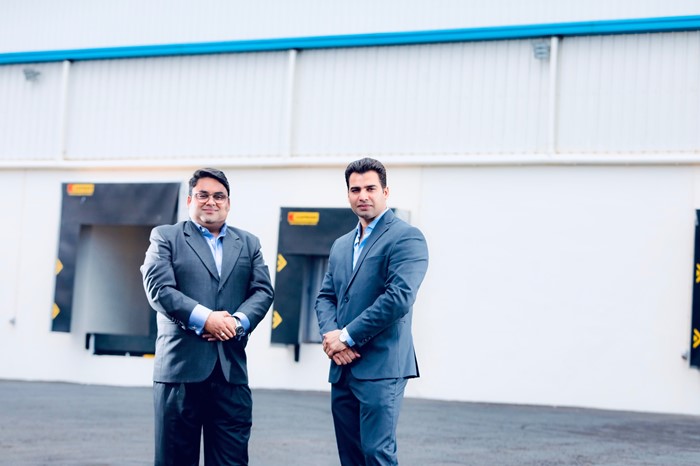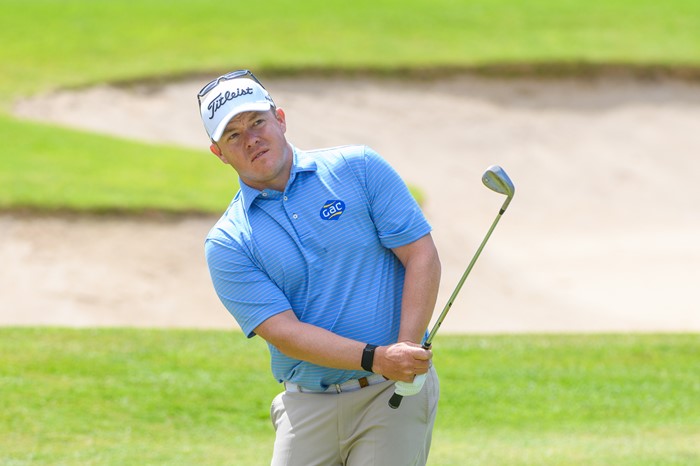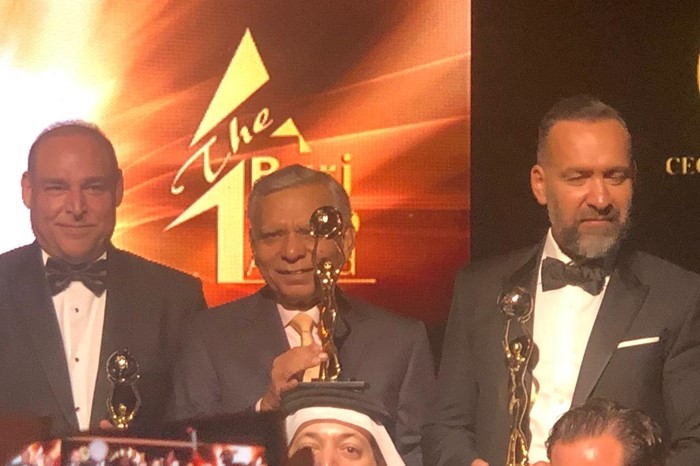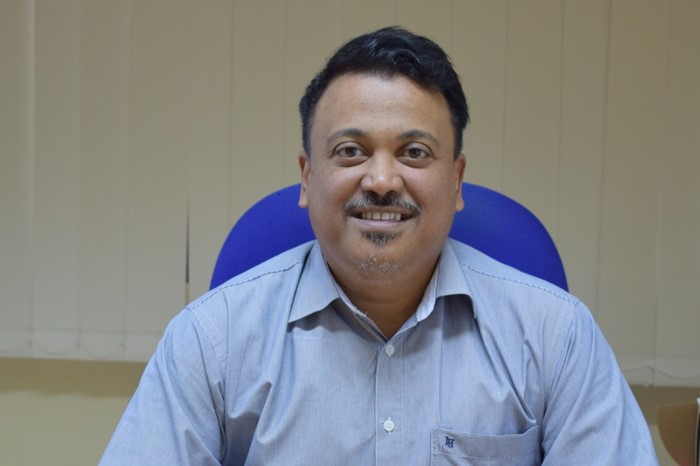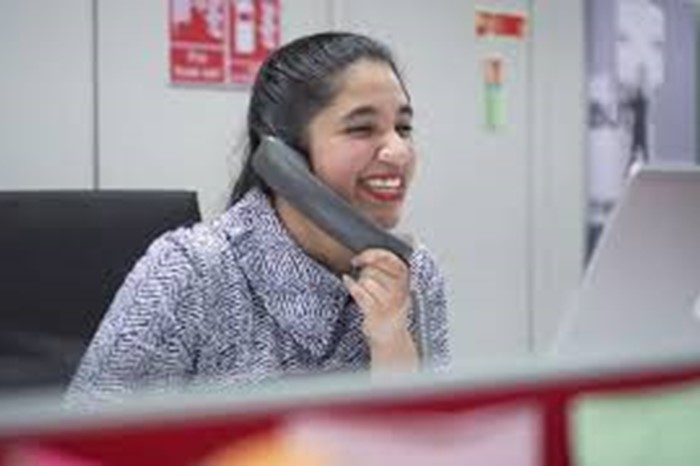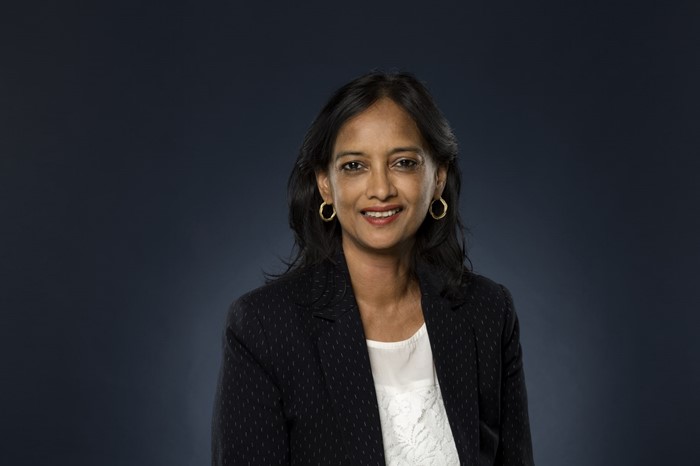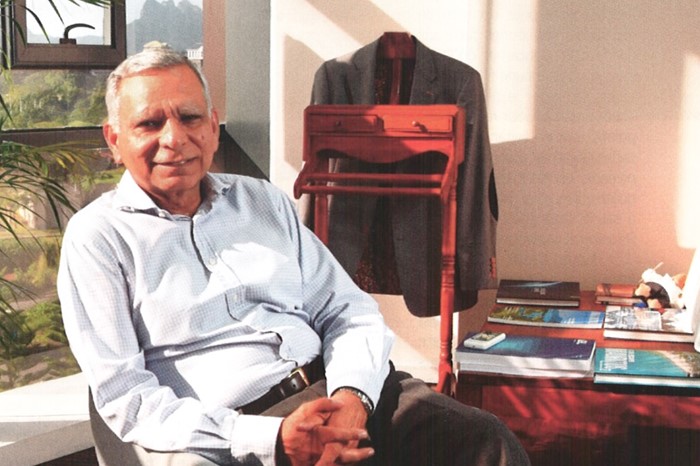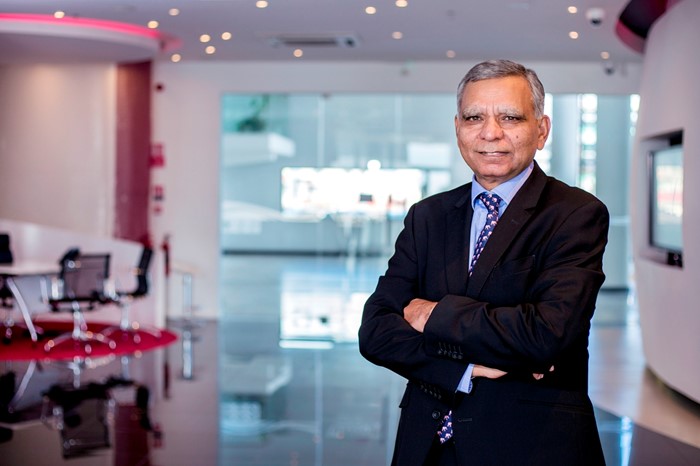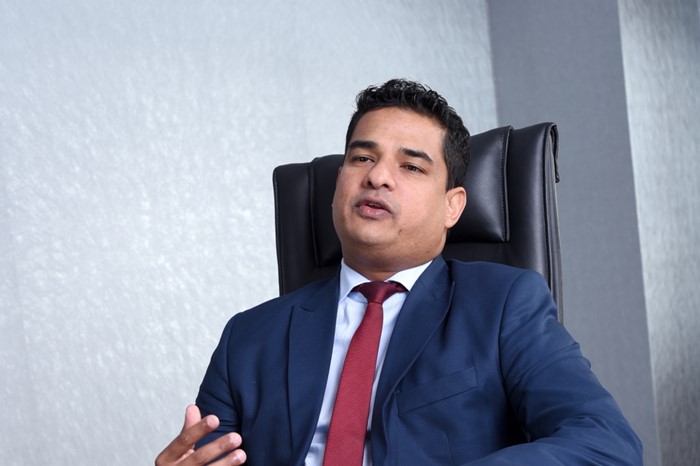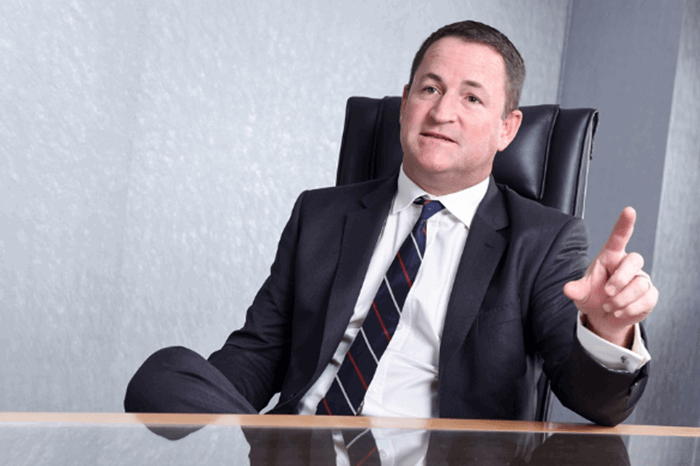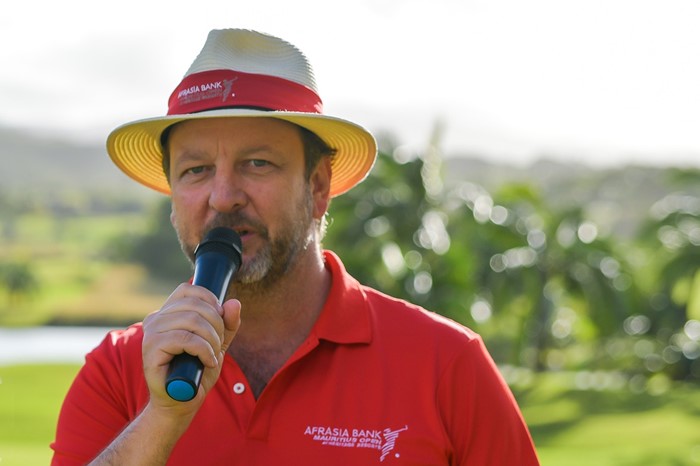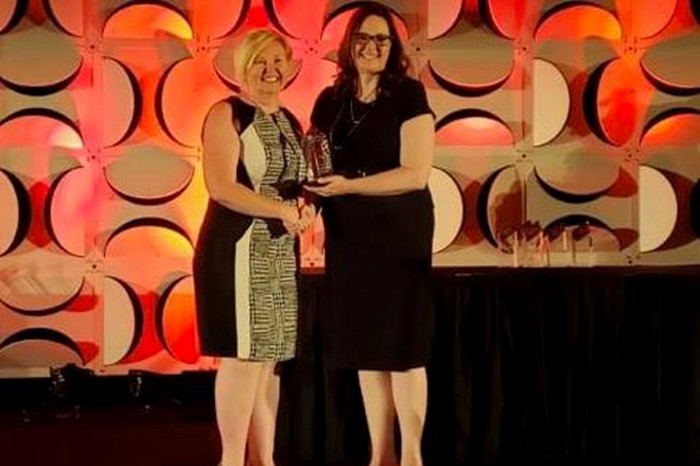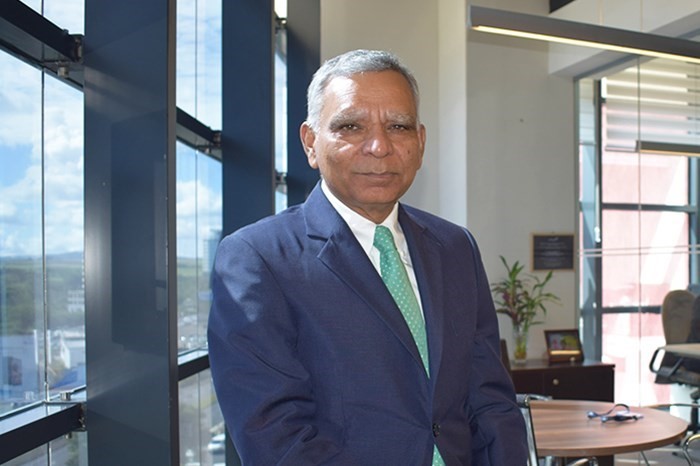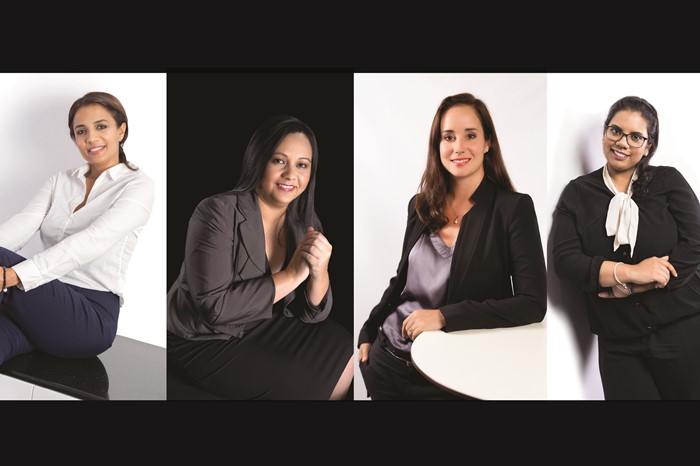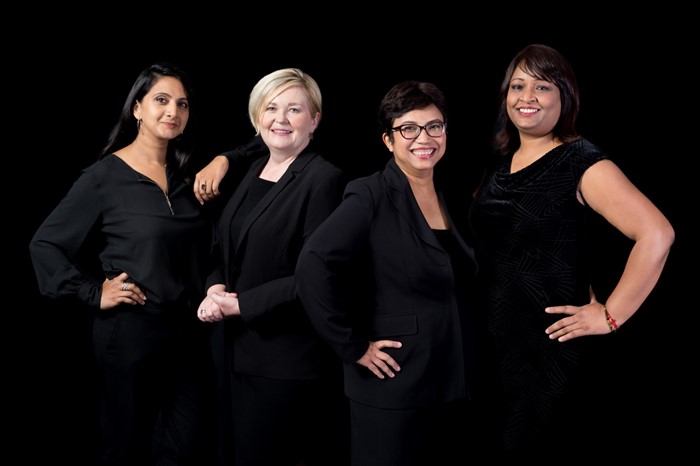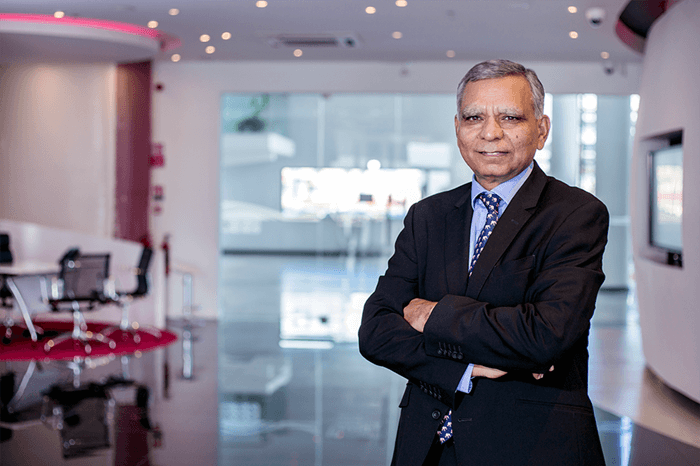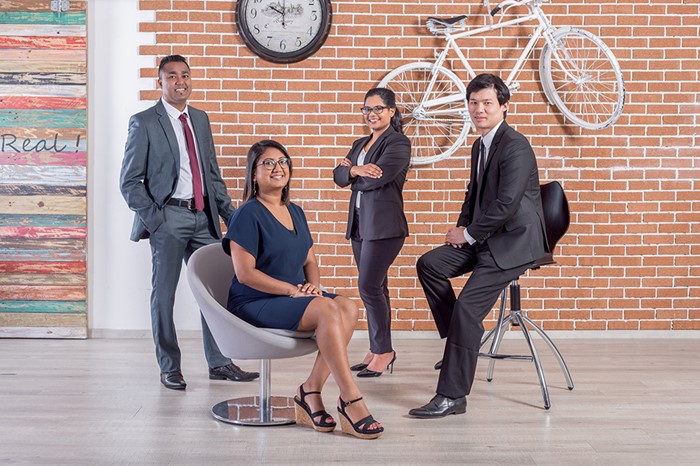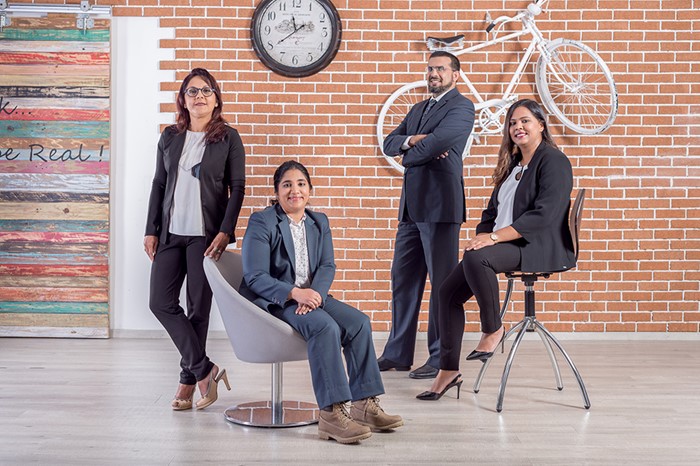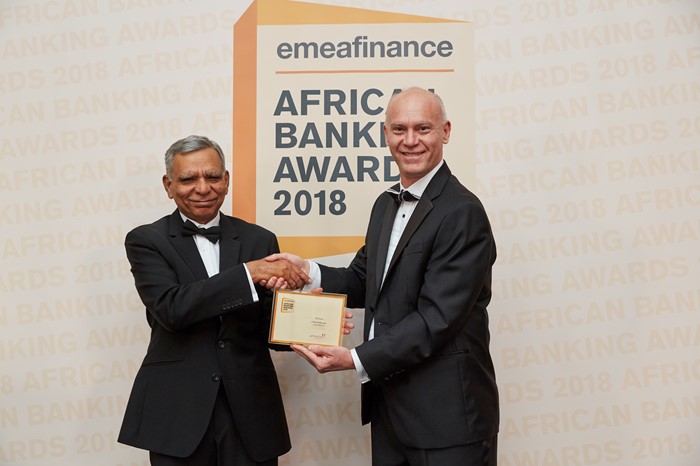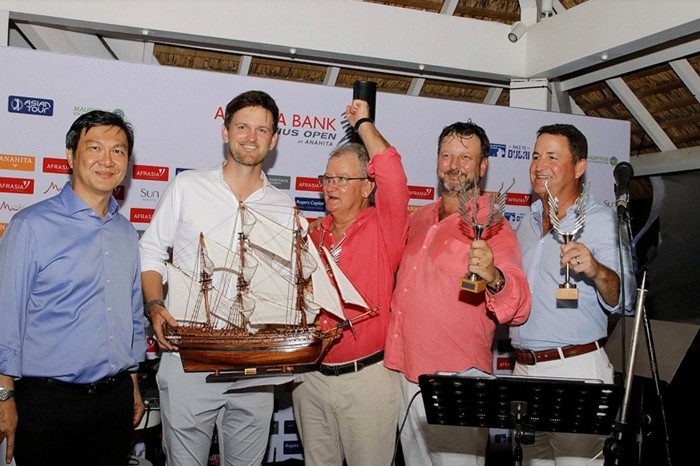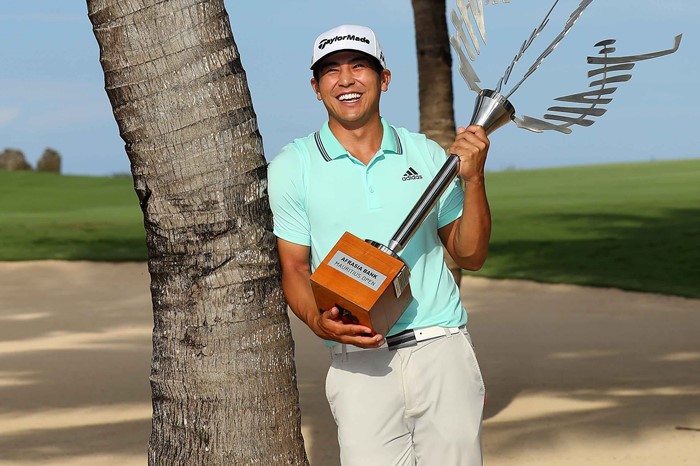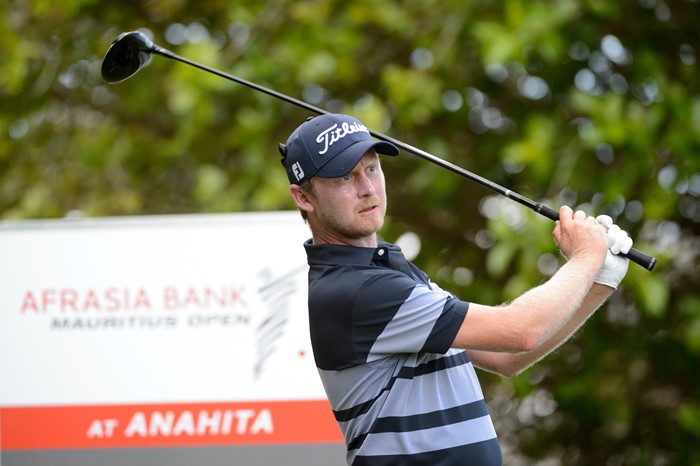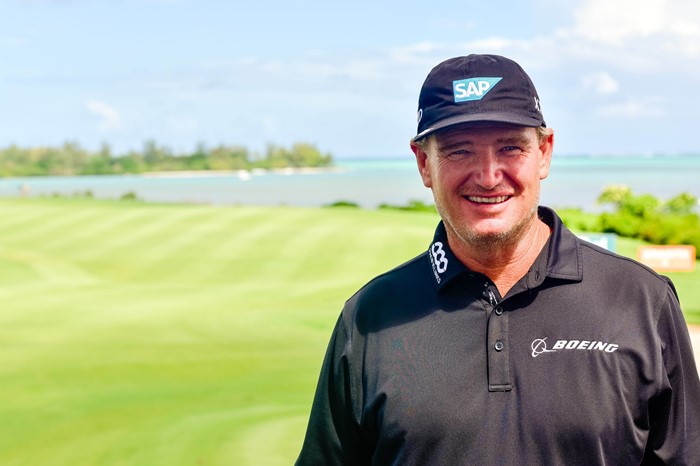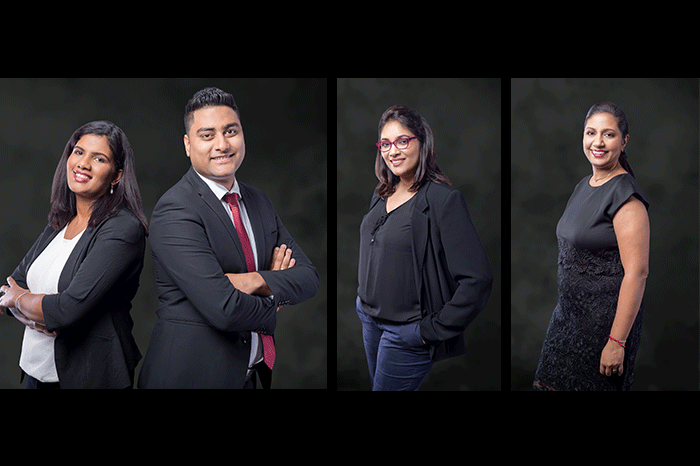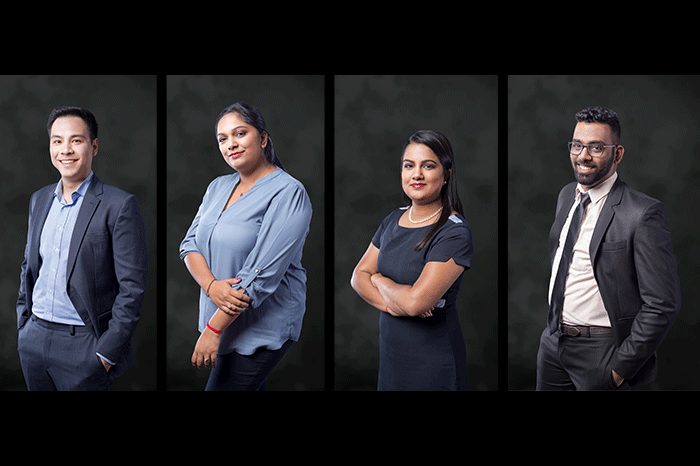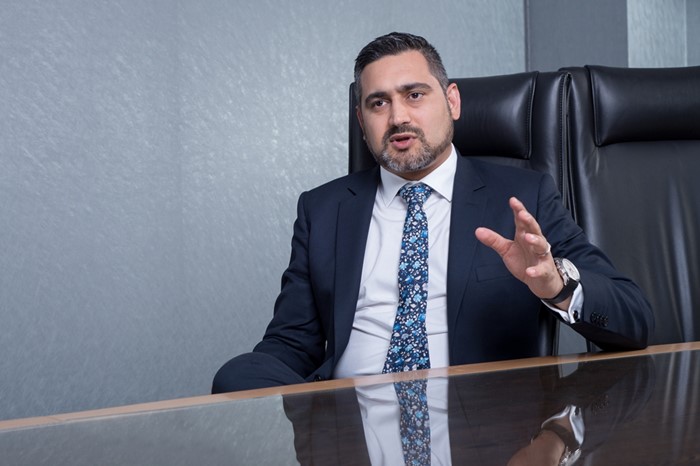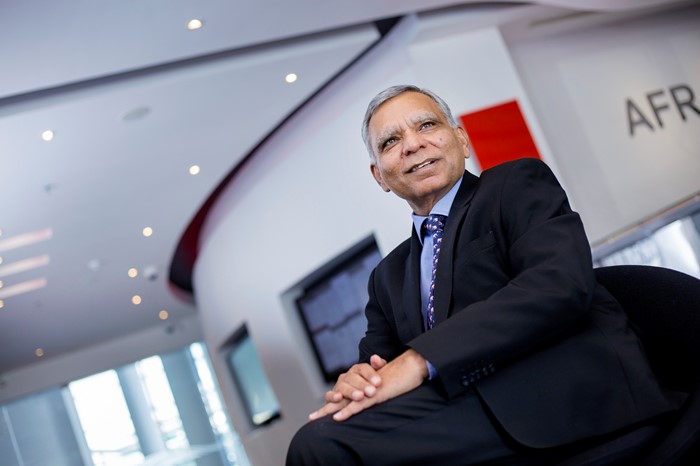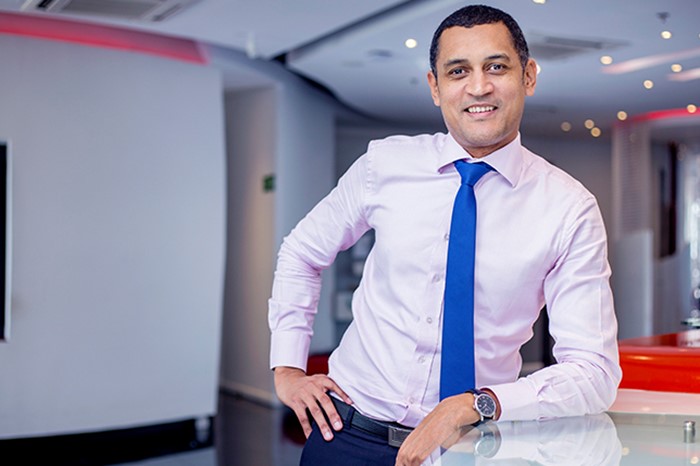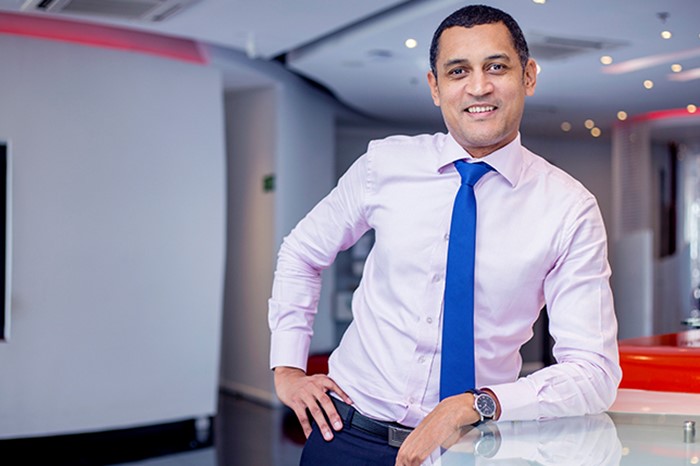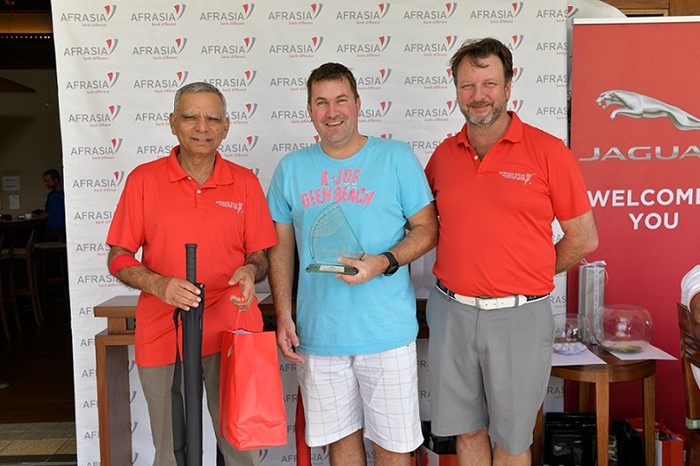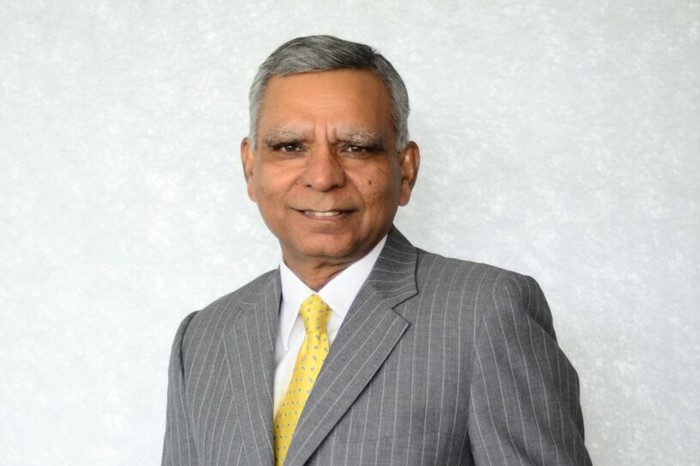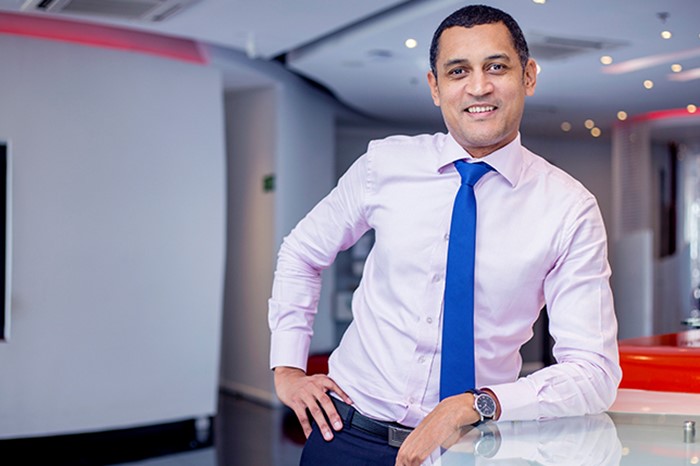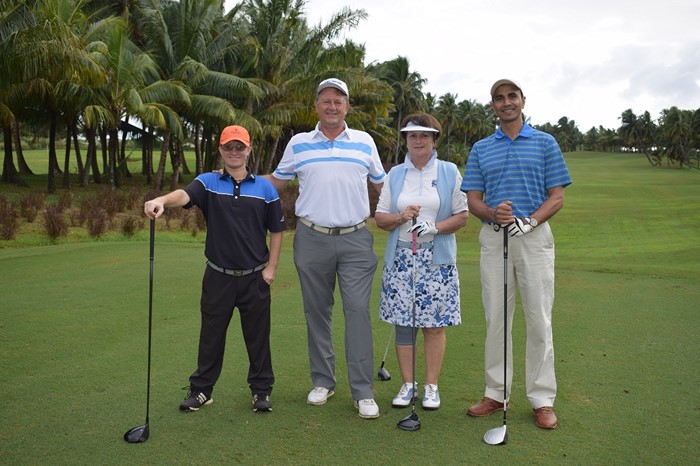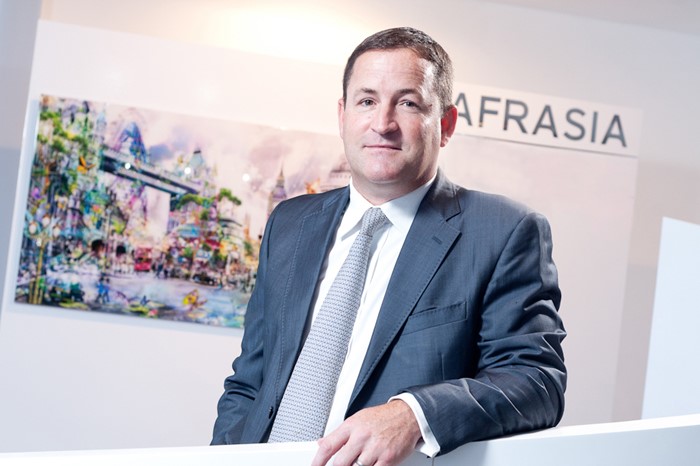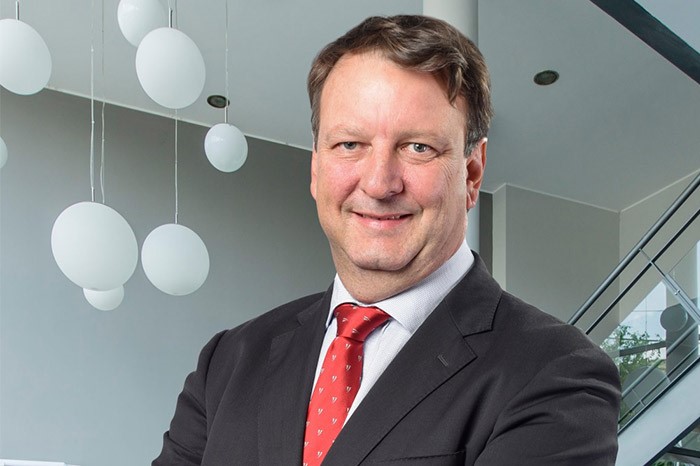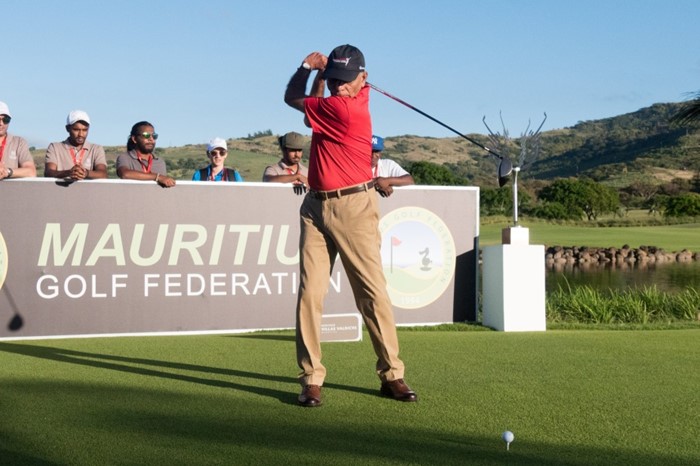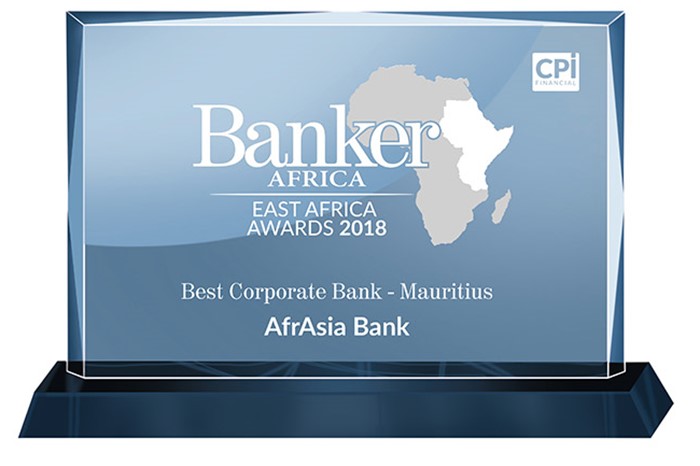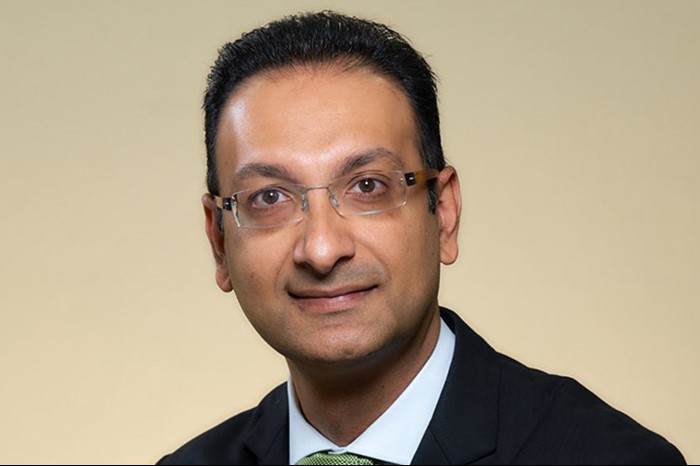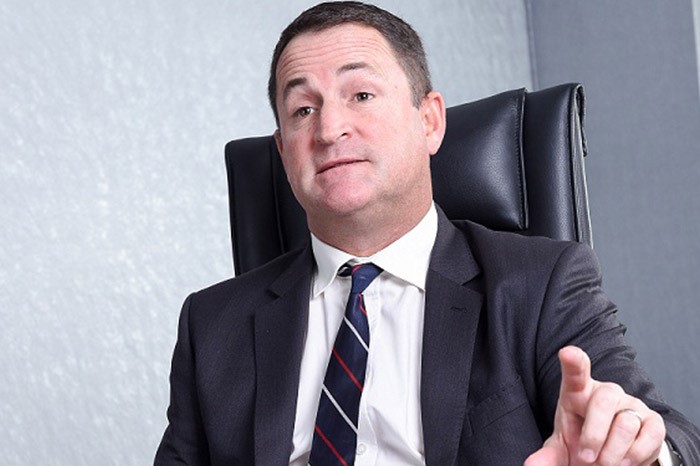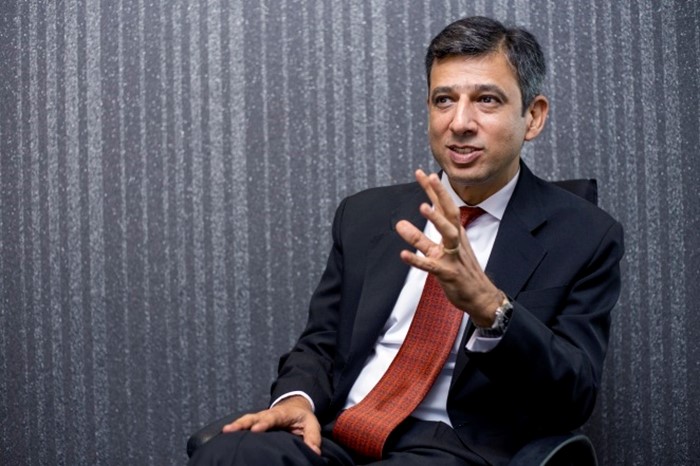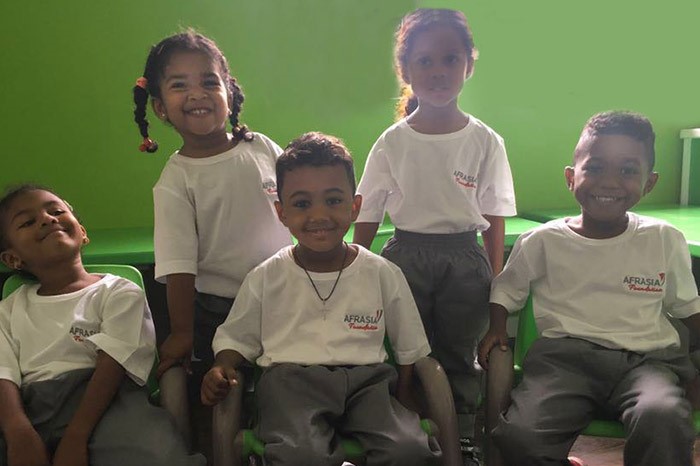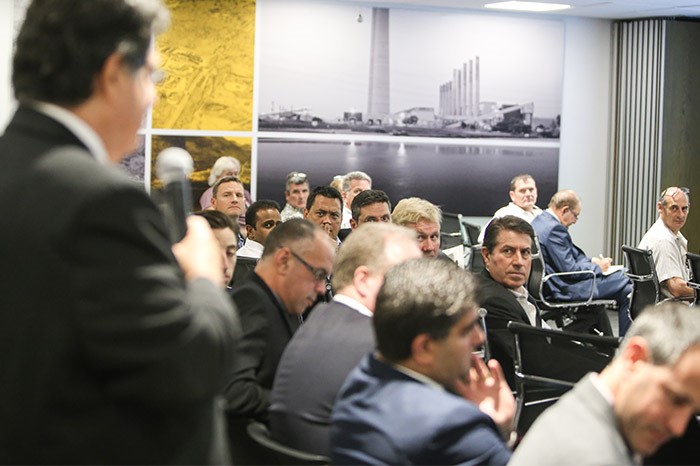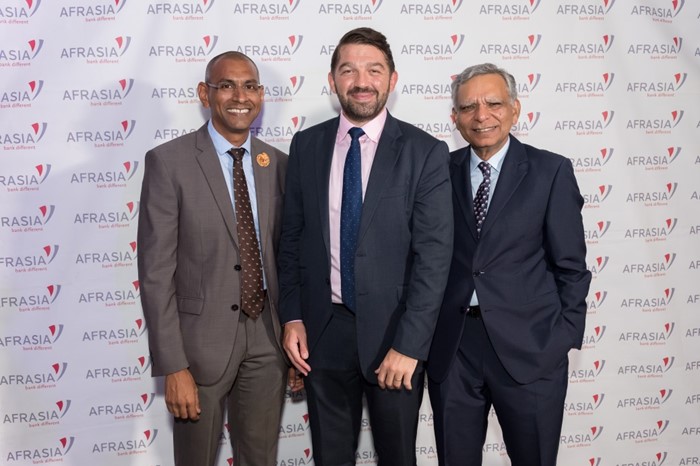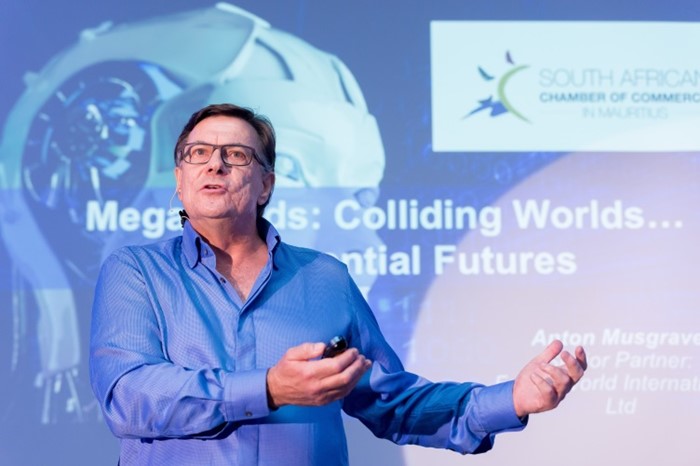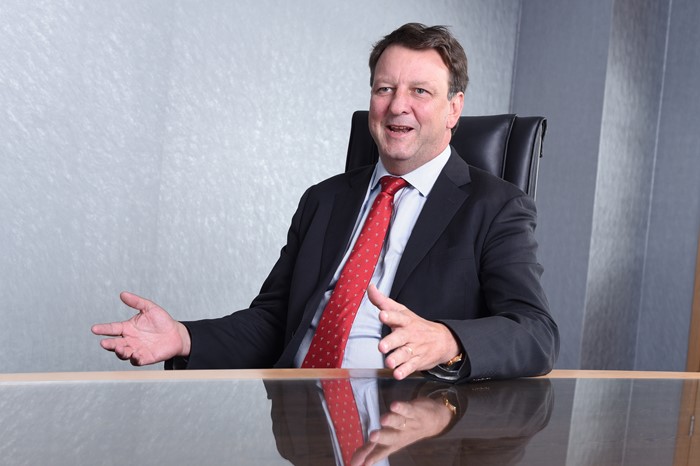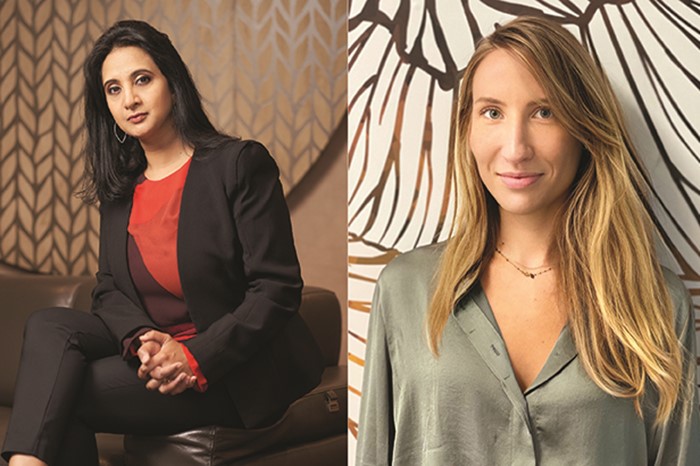
As the dust starts to settle in some parts of the World, brands are still trying to take stock of where they stand as at date. For sure the fundamentals of marketing and brand building have remained the same, but what’s actually changed is the "how" of marketing and branding. We won’t go to the extent of saying that the latter has been redefined altogether but rather, it has significantly evolved. It’s particularly interesting to witness how two different industries have each navigated the uncertainties and volatility of the past two years – the tourism industry and the banking industry. Each of these sectors have their own specificities. They have both witnessed so much in common and yet, the differences in their approach to branding and marketing, as well as business survival, have been so distinct. Today, we hear all about it from experts from these 2 industries: Caroline Gaud, Vice President Marketing – The Lux Collective and Suneeta Motala, Chief Marketing Officer – AfrAsia Bank.
How has, for you, the pandemic changed the way you’ve positioned/ will position your brands?
Caroline: This past year has taught us how precious life is and what a difference caring can make. People want to feel that brands have adapted to this ‘new normal’ in the same way that they have. And, that’s what drove us to revisit our positioning strategy by attaching the element of ‘care’ to our motto: “We make each moment matter and we care about what matters.”
During the lockdown, our Marketing and Operations teams put their minds together to brainstorm our recovery strategy. One question that guided our thinking was ‘What more can we offer our guests when they start travelling again?’ After an unimaginable number of Zooms, the outcome was the creation of ‘Collectable Experiences’ – an assortment of one-of-a-kind travel experiences for LUX*, SALT and Tamassa guests that mirrors the aspirations of the post-pandemic traveler. They are for the dreamers, the go-getters, the eternally-curious. They’re an open invitation to engage meaningfully with the people, the culture and the surroundings of the destination.
Suneeta: We chose to refocus our strategy from customer-centricity to people-centricity to cater for not just our clients and employees but also for our community at large. And we achieved same by keeping our purpose at the center of our actions.
As a banking institution, our primary role was to ensure that there be no disruption in our day-to-day activities and service to clients, both local and international. Our mantra has been to increase the dialogue to maintain proximity with our clients and reassure them. We remained focused on constantly investing efforts in that direction - then more than ever, it was imperative that we provide a sense of comfort to our clients as well as our employees that our balance sheets were robust enough to withstand this pandemic and that we were going to put in our all to ensure business continuity and a seamless service for our clients. Moreover, in a world of uncertainty, insights were key - we knew a good way to also reassure our clients was to keep them informed at all times and that’s what guided the launch of our Treasury Market Insights landing page which provided a daily update on international financial market dynamics.
Widening our lens to extend our support to our community, we launched the AfrAsia Foundation Emergency Aid Support Programme – the latter aimed at raising funds for the purchase of basic food baskets to the underprivileged children and families of our AfrAsia School. We’re grateful to our clients who have been a major support in this project and helped us raise more than MUR 570K. Going a step further, we also aspired to contribute in a sustainable economic recovery in a meaningful manner and that’s how the initiative “Believers in Local” shaped up – through the latter, we hosted Local Markets in our office premises and welcomed a total of 47 Small and Medium entrepreneurs to help them sell their products and promote their crafts. Ultimately, we believe that our community is part and parcel of our key stakeholders, without which our vision and own existence wouldn’t be possible. We need to be responsible… that’s what our customers and our employees would want!
The pandemic has remodelled some old marketing and branding beliefs into new ones. Have you experienced anything of the sort?
Suneeta: Yes, definitely! Earlier on, customers used to be at the heart of everything we did – it’s still the case but, I believe the pandemic has sharpened the focus on the complete end-to-end journey that we must cater for. Relationships have come under the spotlight like never before - it is during challenging times that we know who are our true partners. The client-banker relationship was deepened with trust being as crucial an element as never before. The nature of the pandemic and not knowing what to expect in the first few months brought people closer together. We’d often find ourselves discussing about personal apprehensions with our clients, sharing our everyday challenges of homeschooling and juggling between work and home. We’ve witnessed our clients’ family lives and business operations from a closer angle and vice-versa. The pandemic actually spotlighted all the values we shared with our clients – a key enabler in building trust and brand loyalty eventually – and we have together with them reached another level of understanding, which is definitely key in helping us better address their financial needs.
Secondly, I believe that pre-pandemic, we’d compete against our industry peers. But the pandemic changed that - our biggest competitor is ourselves. Now, it’s all about competing against the last best experience the customer had with us. It was key to find the right phygital (digital-physical) hybrid model for the best CX for both local and international clients – the pandemic accentuated the fact that distance was no longer an issue and proved that banking was indeed not geographically-bound anymore. Moreover, it was also crucial to cut back layers and bureaucracy – customers were stressed enough by the circumstances, so the best we could do was find creative and efficient ways to enhance their customer journey. This requires a continual change in mindset across the whole organisation, not just during the pandemic but also post pandemic.
Then again, ‘agility’ which was most often associated with the technological aspect of a business, is now applicable to the whole organisation so we can deliver a delightful service to our customers. For example, even the marketing function had to contextualise the brand’s core messages in the nick of time. Amidst the lot of challenges which we have inherited from the pandemic, we’ve also got a refreshed mindset of “marketing agility”.
Caroline: “Marketing is always expensive” – this is an old adage that died during the crisis. With zero budgets, we had to get creative, or rather, really creative! Of course, digital marketing and social media retained their key importance to maintain the flow of communication and brand presence but nonetheless, we had to find the right strategy and segmentation to generate positive, impactful results.
As the crisis unfolded, at first it was all about adapting our messages – messages had to be relevant, and aligned to an individual’s situation and values. Eventually, we steered our creative direction more towards survival. It’s no secret that the tourism sector took a huge hit, if not the biggest, with this pandemic. That made us rethink the very basics of what constituted the raison d’être of The Lux Collective.
You often hear “luxury brands must show off”, but this is not our way of thinking. Luxury isn’t necessarily about opulence and abundance. Quite the opposite; it’s about being more mindful, more conscientious and more responsible. We changed our branded bathroom amenities for more natural ones, no nasties, not tested on animals. We reviewed the importance of our printed collaterals, eliminated single-use plastic, reduced waste, sourced recyclable materials… All without defacing the brand’s premium image. If anything, it all looks and feels, and actually is, more luxurious than ever.
The challenges over the past year have taught us how much more important it has become to humanise our brands. How true is that?
Suneeta: Every good marketer knows how important it is to build an emotional connect with your audience. At the heart of this “humanisation” process are some core values such as authenticity and transparency. Staying true to our brand promise by being authentic in all that we do and being transparent towards our internal and external customers is crucial. And, this has been accentuated by the pandemic even more. Listening attentively, being empathetic to our employees and our clients’ challenges/ pain points and embedding a service culture in the organisation that is anchored on your core values is key – this is what builds trust in your ability to help your client or your employee achieve the key milestones in their lives such as an investment, building their home or preparing their legacy for their future generations.
Anchoring ourselves on our customer-focus values and our drive to go the extra mile for our clients, we’ve stood the test of time (or COVID-19 so to say) – it was a real test for us to act on our promise of “More than just bankers, we are partners” and we’ve done it by showing our people that we are not only here as financial partners, but we are also here in the toughest of times to accompany you. Another way of humanizing our brands is to get our employees involved. For example, when Mauritius was hit by the Wakashio Oil Spill, our employees became our brand ambassadors in helping the country contain this spill by making floatable pipes etc. For a week, the priorities had slightly changed – from profit making to helping our community and our employees have lived up to our values in an authentic manner.
At the end of the day, it’s never been about advertising but rather about advertency!
Caroline: Personalisation in marketing is nothing new. But it took on a whole new dimension with the pandemic. It’s no longer just about demographics. We now need to better understand the ever-changing complexities and dimensions that lie at the very core of the purchasing behaviour – this is what will help us establish a human, personal connection, critical to a brand’s success.
People yearn to feel close to the brands they love. It’s no longer just about fostering loyalty. Going a step further, it’s about transforming customers into brand ambassadors – whether that’s through key influencers sharing their experiences on Instagram or a person just having a casual conversation with their peers. I believe that the latter is even more important because it’s the most genuine way of advocating your brand in the person’s entourage. The crisis presented the opportunity to stand out, and cut through the noise of social media and the Internet.
As a marketer, and most importantly as the leader of a team handling the communications function during a pandemic, what have been the most challenging and most rewarding aspect(s) for you?
Caroline: I’ve always believed in an agile work environment with a remote working model, based on trust and performance, because it’s that balance that fuels creativity. In the world 2we live in, care and flexibility are essential for a healthy work environment. In the marketing world, there’s no such thing as 8 to 5. We can work from anywhere, with people from across the world and we want to be available whenever required. So, we need that flexibility to be efficient. For this to happen, the team needs a clear understanding of the vision and the objectives so as to prioritise what matters most.
As a leader, providing clarity in goal-setting also mean providing a certain level of security to your team so that everyone knows what to work towards and how. This was essential when we were all working remotely but above everything else, I think the reason it went so smoothly was because we all felt a strong willingness to help our company overcome the storm. The team genuinely cares about the brand and each and every one of us knew that we had a role to play. Sure, like others, we had connectivity issues, we spent long hours on zoom with kids scrambling around the house, and juggling family life in general. But in the end, I feel we succeeded as a collective and we all feel closer than ever today. I’m proud of my team who gave it their everything.
Suneeta: We need not look far! The very nature of this pandemic made everything a challenge – it’s a first-of-its-kind that the World has experienced. It was a dilemma at the beginning because we had no idea of what we were dealing with and for how long. Let’s face it, we had no clue how to handle such a situation. How do we keep the team united from afar? How do we respond to our customers? How do we manage the expectations of all stakeholders? Add to this the fact that you still have to steal half an hour to cook in between meetings - which in itself was already a challenge – more so, when you have to check the recipe time and again to ensure you have not missed out a step and run to get your glasses to be able to read them in the first place.
It was a fine line in between all of it and as a CMO, finding that fine line was what worked for me. An efficient business continuity protocol, a clear internal and external communication strategic plan - right from the top management team to all teams across the Bank - and a real commitment for team work were our pillars. Through regular team meetings with video on at times to maintain the bonding (“You’re on mute” were the most popular words ever!) and celebrating our team members’ birthdays virtually (even managing to surprise them with a cake delivered at home during the lockdown), we maintained our team bonding as best as we could.
Eventually, our efforts paid off – we were internationally acclaimed by MarCom Awards, SABRE African Awards and The Digital Banker for our campaign “The Believers”. We wanted to spread the virus of positivity around us and that drove us rack our brains during the first lockdown to put together and launch this campaign. We knew that we wanted to do things differently (blame it on our signature to “Bank Different”). Instead of adding to the clutter of pictures online, this time, we chose to leverage the power of contents by sharing simple and to-the-point core messages. And it paid off!
Did the pandemic sharpen the focus on recalibrating the ROI aspect of marketing and branding?
Suneeta: I believe amidst the overflow of creative juices that we, marketers, experience more times than we can handle at times, it can become tedious to swear by ROI marketing for every initiative that we wish to launch – the challenge being our desire to capitalise on as many opportunities as we can in a short timeframe whilst still ensuring that we achieve our quantitative and qualitative targets. Yet, we still manage to do same through a continual investment in effective resources, and we record and assess what worked best and what needs improvement in our marketing tactics.
Caroline: The pandemic has not actually sharpened the ROI aspect of marketing but has rather given another dimension to branding. Ultimately marketing strategies always come with ROI-driven activities and detailed KPIs. I am a strong believer that a brand is a company’s most valuable asset. If business leaders thought that building a strong brand is an unnecessary luxury and that it’s enough to focus on tactical marketing initiatives alone, the pandemic surely made them think twice. During this challenging time, consumers maintained the connection with the brands they love, the ones they feel close to, the ones they have great memories with. More than just a name or a logo, brands create emotional connections with customers, earning their trust and building loyalty–even more so in trying times. Brands that challenge the status quo, engage with customers in new creative ways, and find ways to address unmet needs are the brands that will also attract, motivate and retain the other most valuable asset of any company: its people.
Do you believe this pandemic was one, if not the steepest learning curve of your career as a marketer?
Caroline: I think that everything that has led up to this moment in my career forms part of a learning curve. Certainly, this pandemic revealed the importance of adaptation. Ultimately, what it taught me is that we can only predict so much. So, who knows what the future holds?
Suneeta: I am a strong believer that life is a constant learning process. So, for me, learning happens every day: whether it is learning about a new concept, being enlightened by your kid about the latest PS5 game, or something as simple as learning a new word. What the pandemic has really taught each and every one is the value of learning – we did not have any other option other than to learn and adapt quickly. But, looking back now, we realise how valuable that has been in broadening our thinking and creativity.
